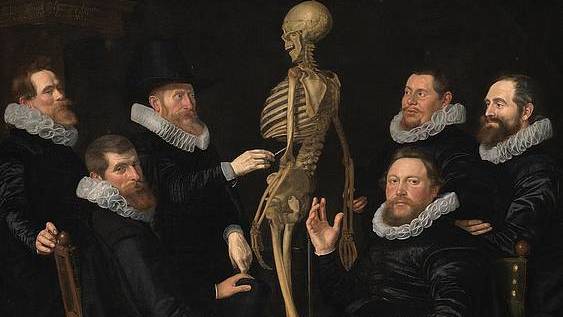
What's your philosophical personality?
Take our quiz to find out. Then we'll match you with some classes.
For more info, visit our website or e-mail us at philosophy [at] csun [dot] edu.
First, pick your path:

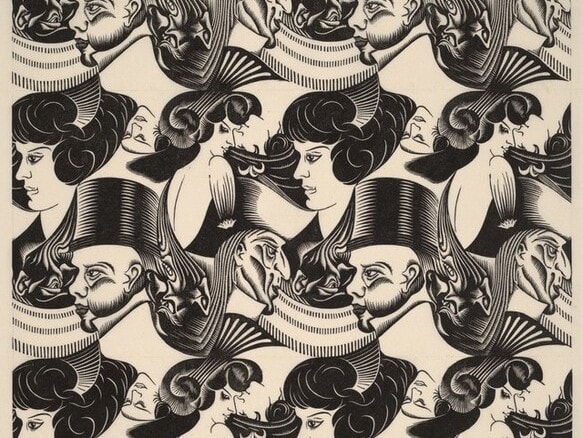

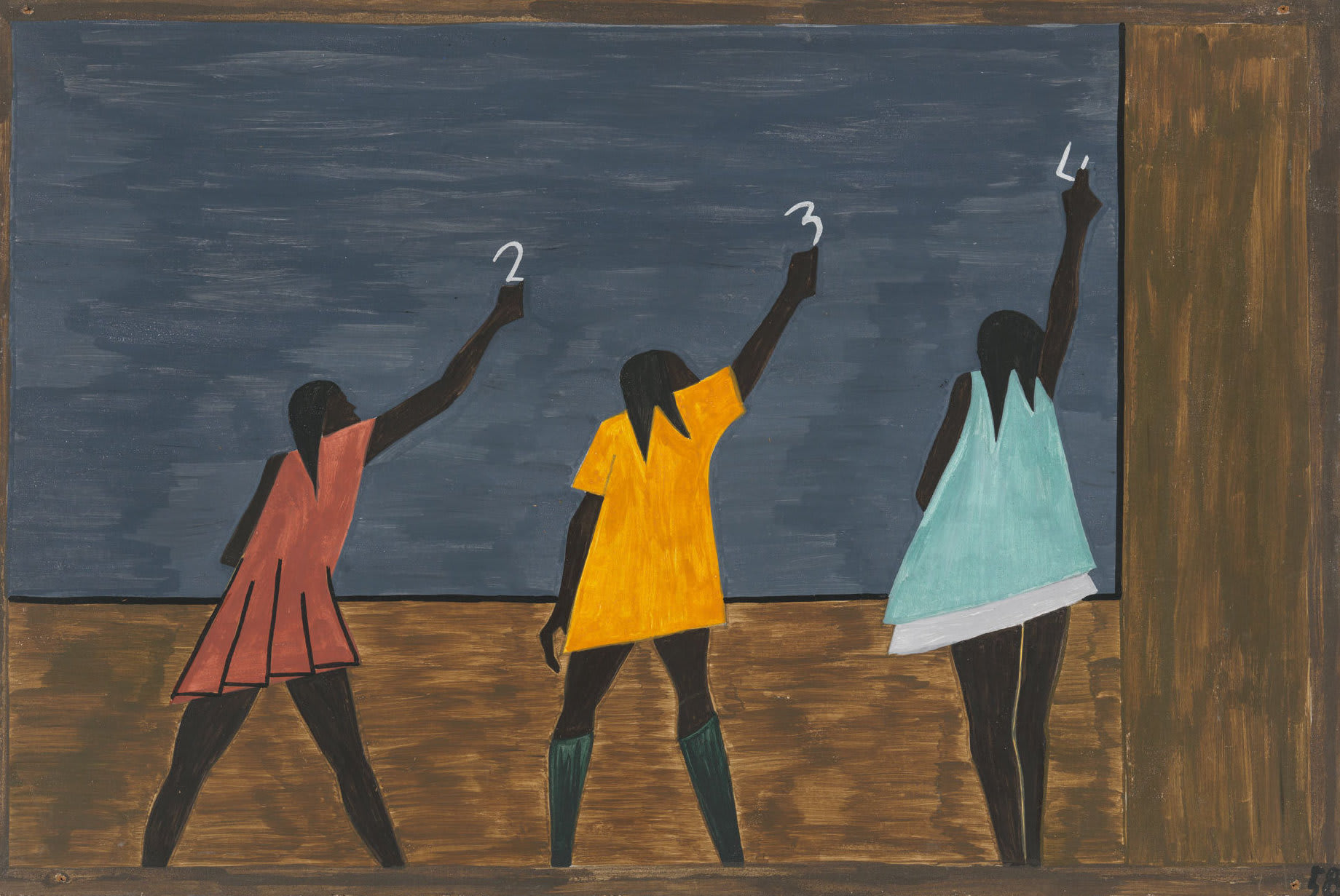
Pick a GE category.
Click on a philosophical personality type to learn more.
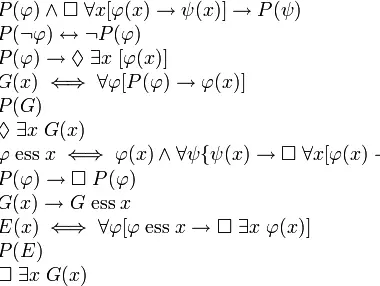
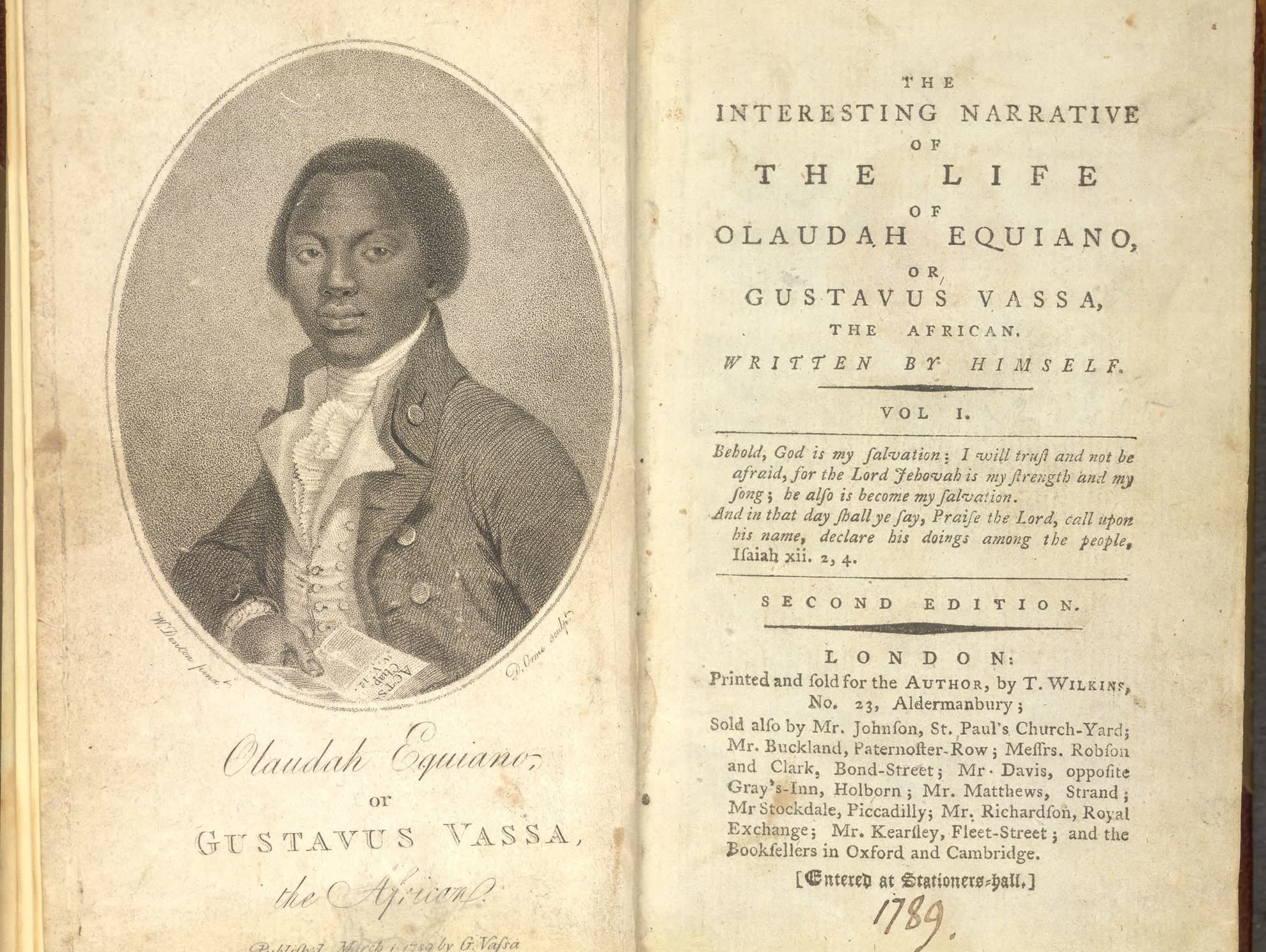
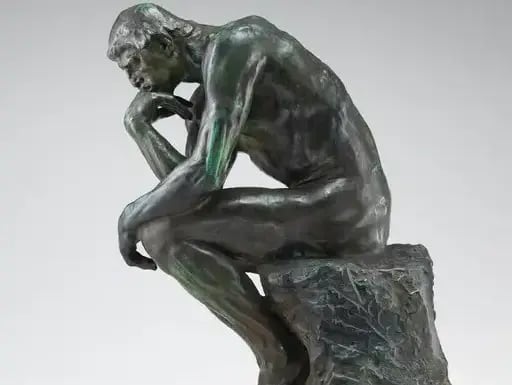



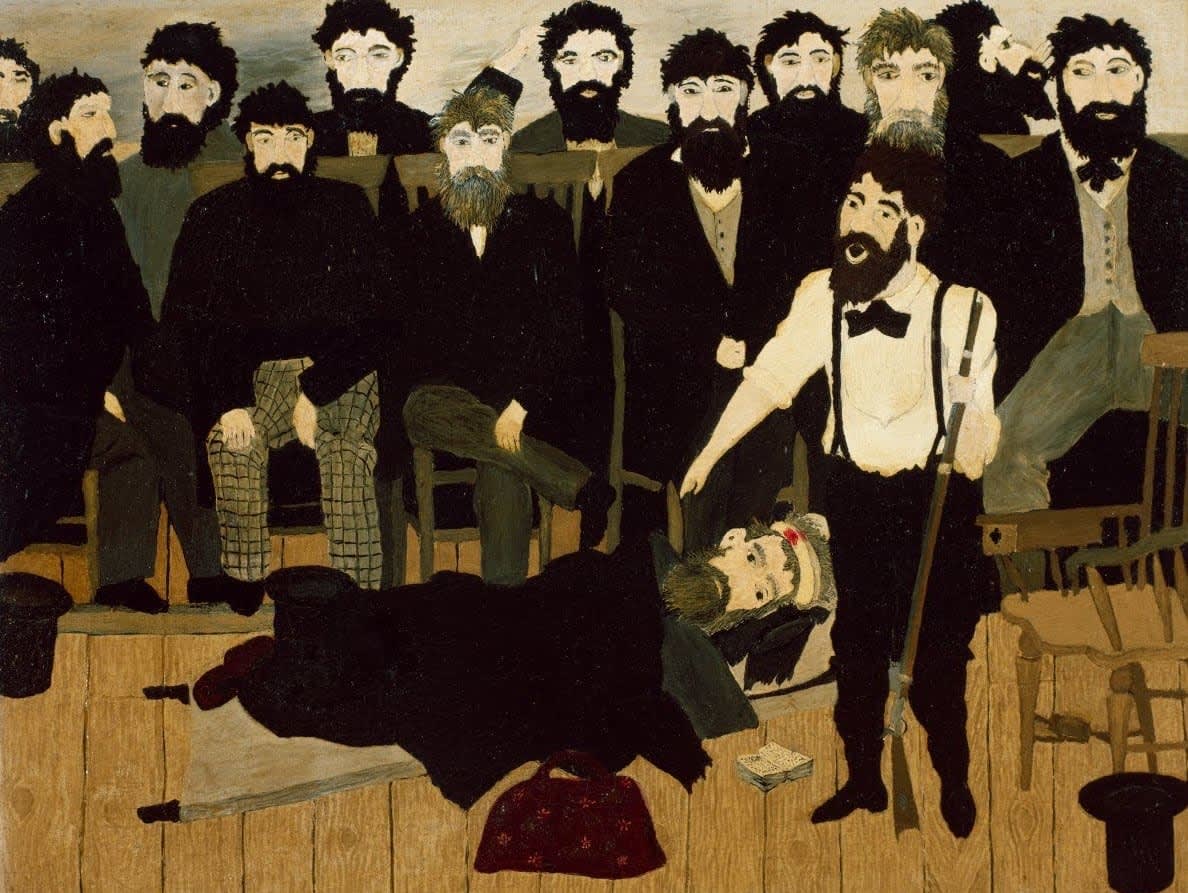


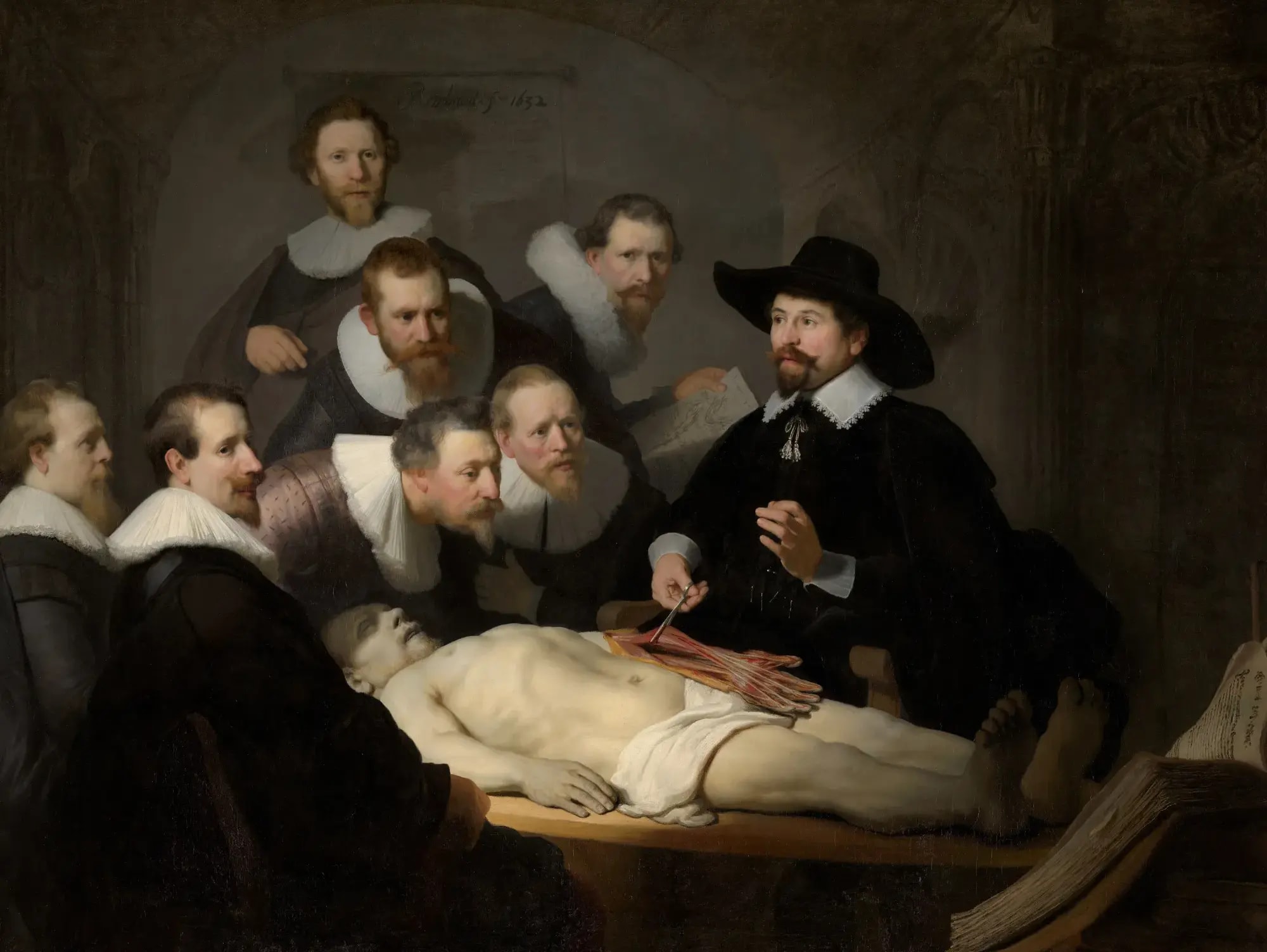
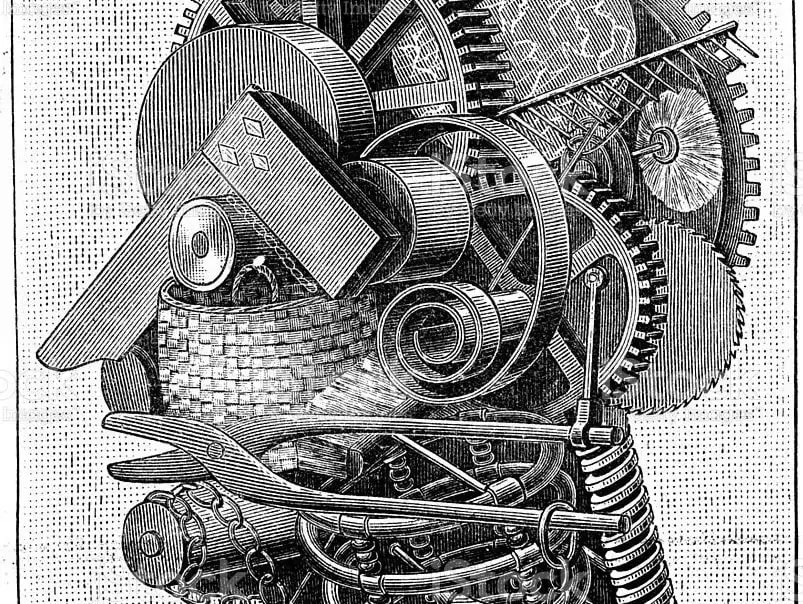

Let's get started. It's early in the morning. What are you doing?




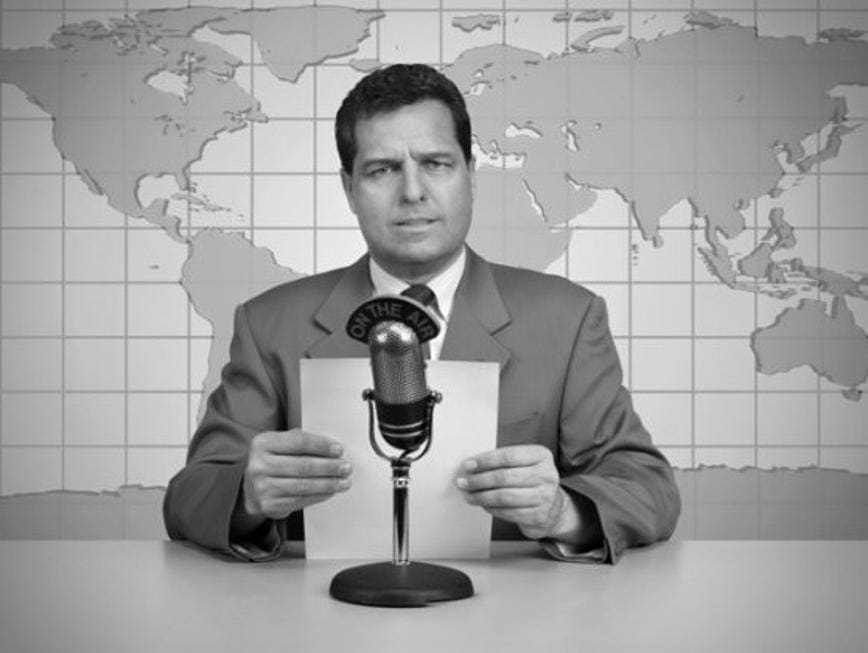
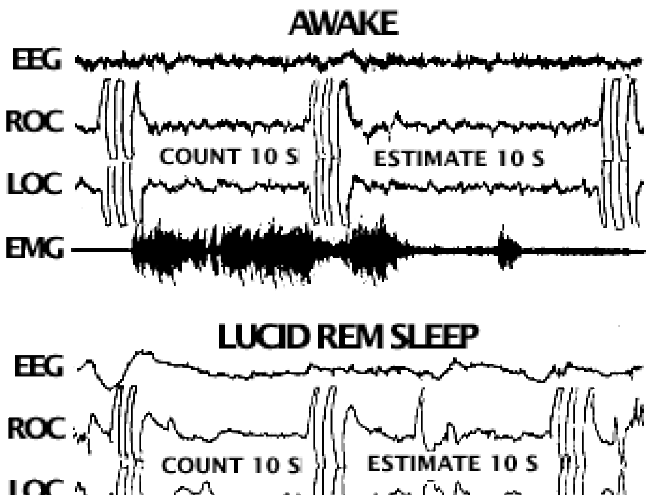
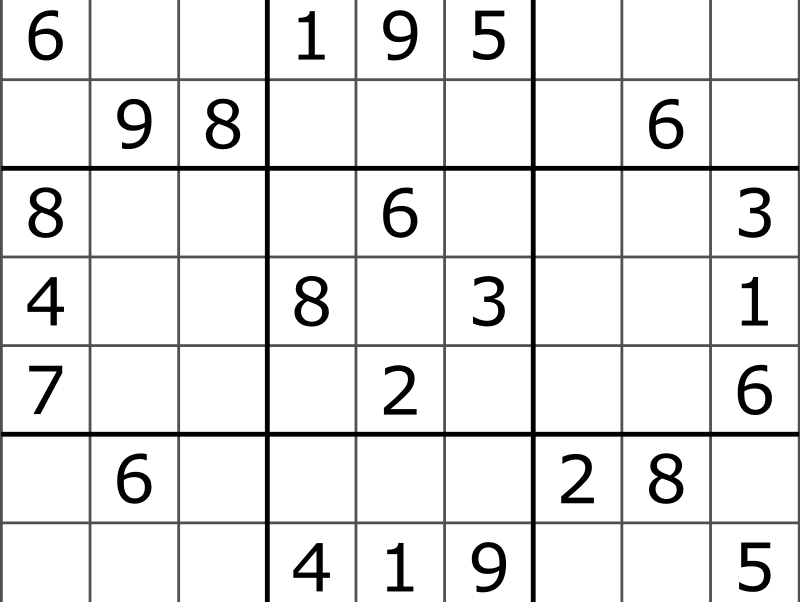
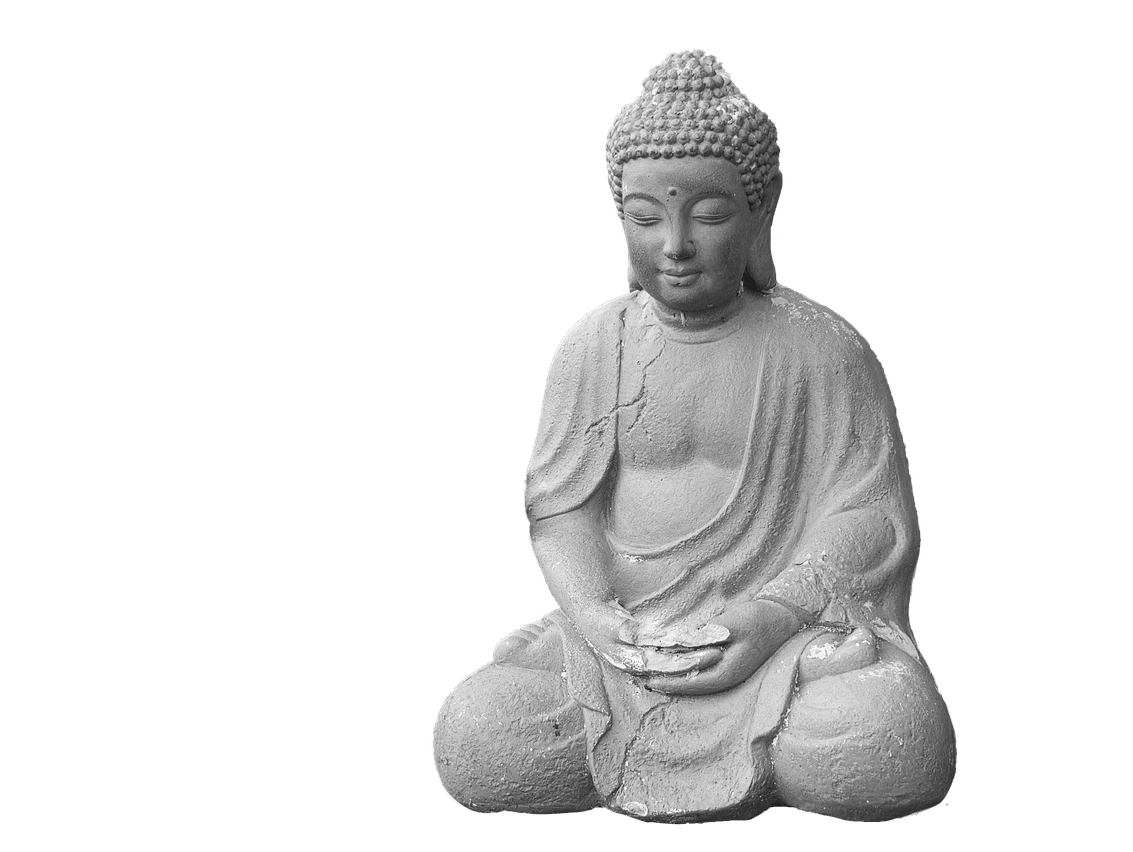

Thinking back, what was your favorite class in High School?





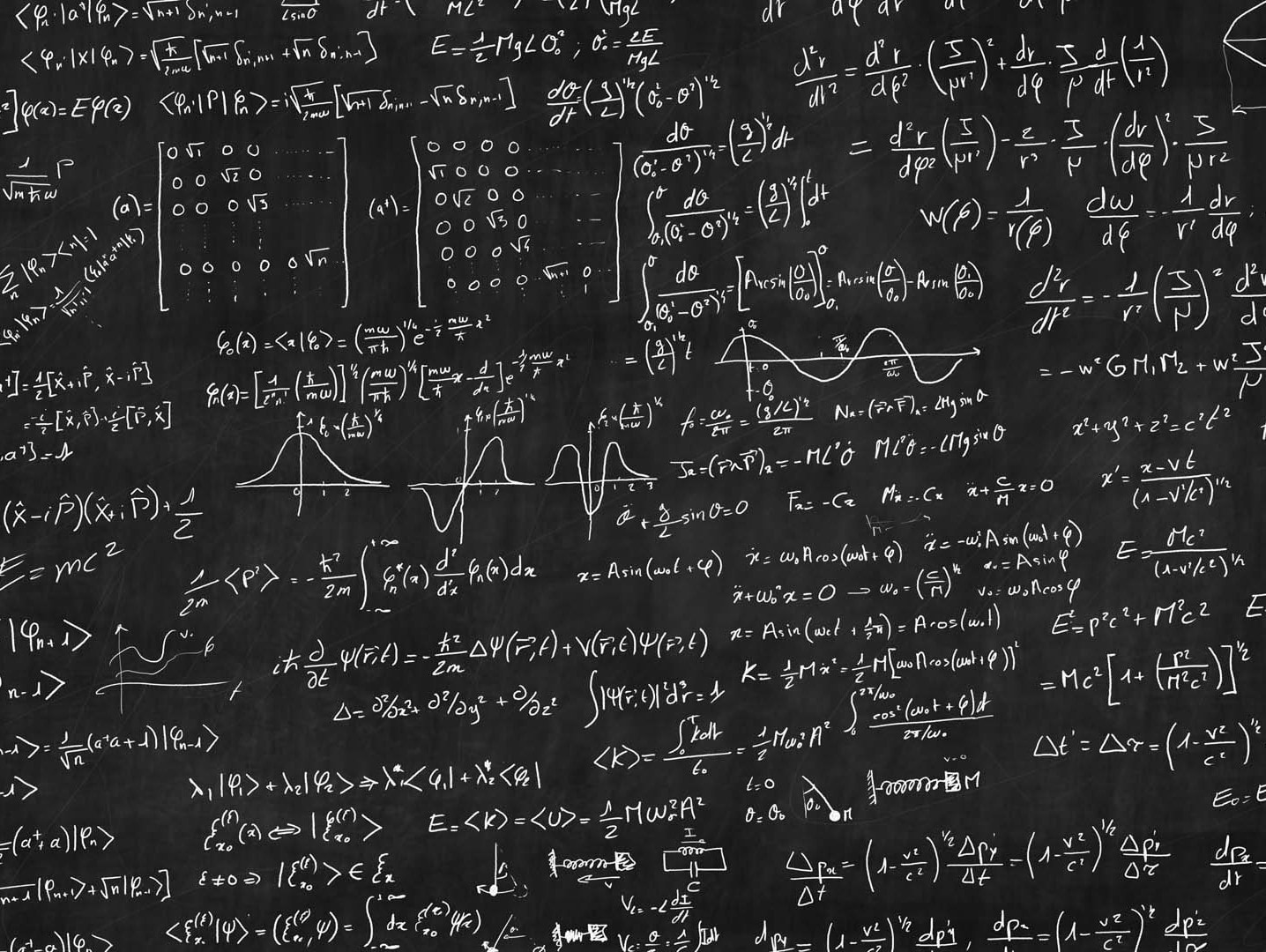
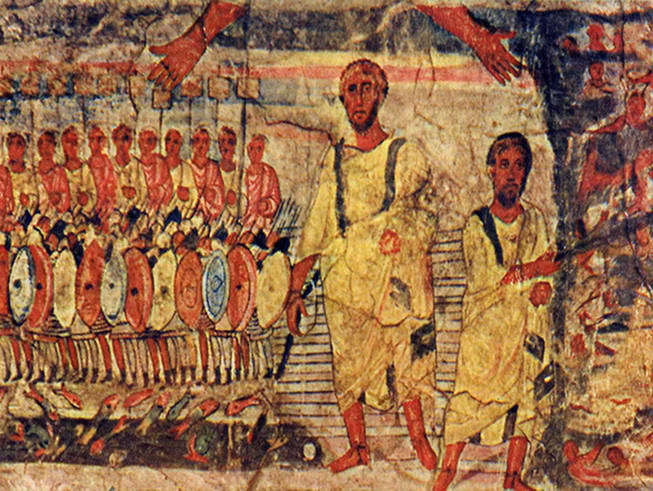


Now thinking ahead, pick a dream job...




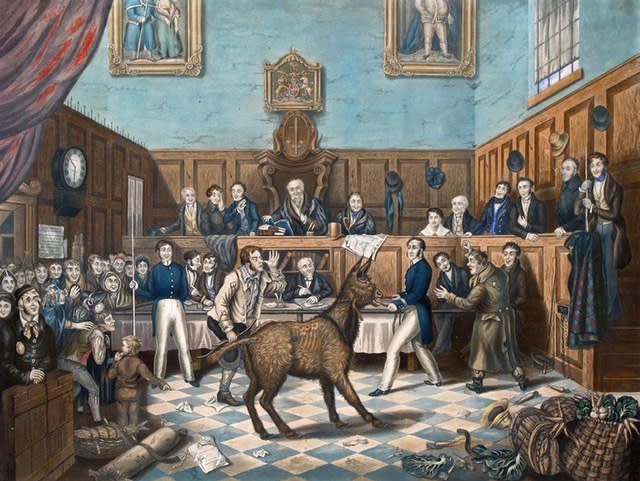




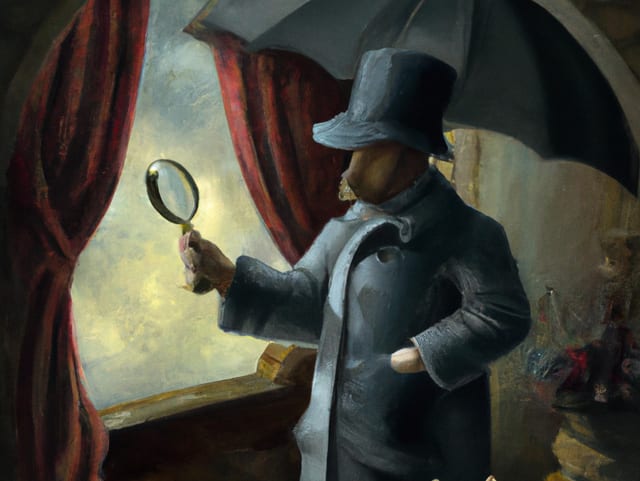

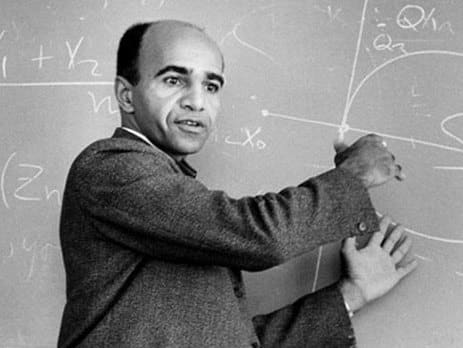

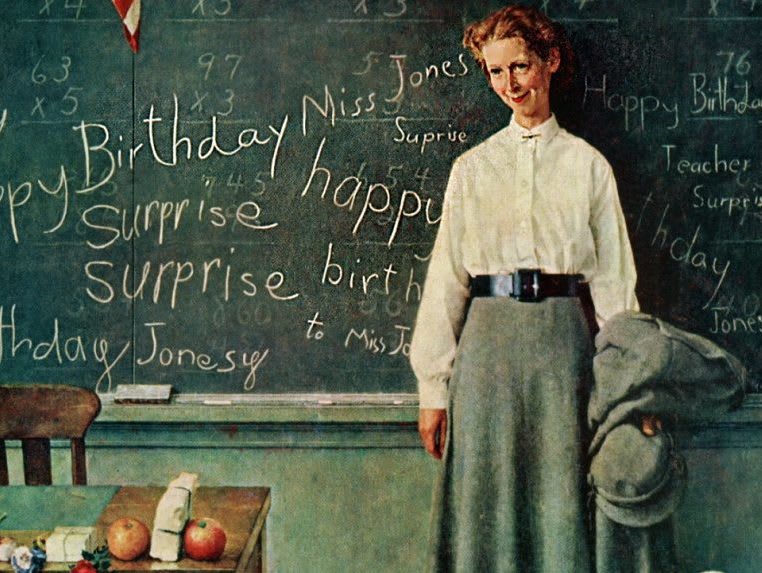

It's the weekend! Where can we find you?


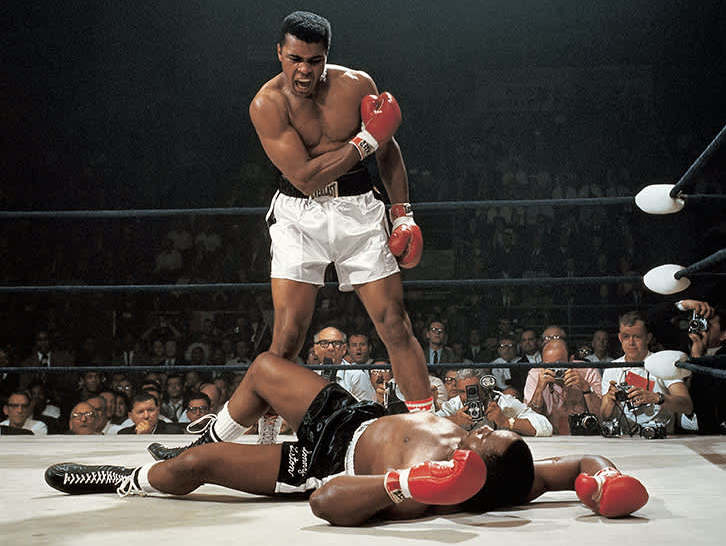






You've got some downtime. Pick a movie.



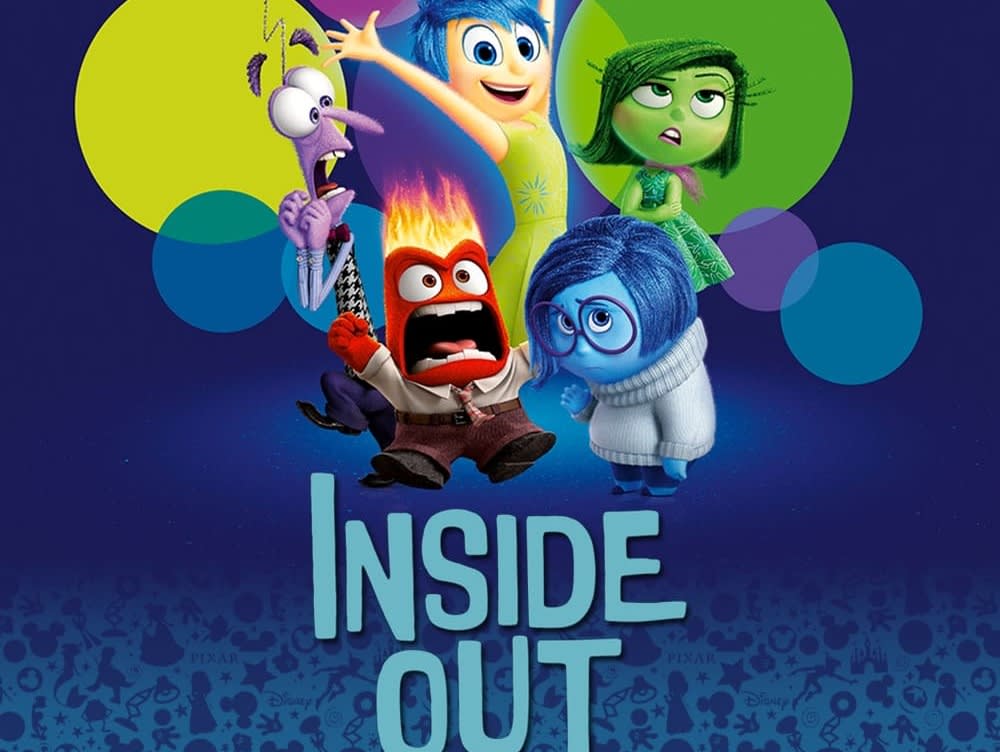

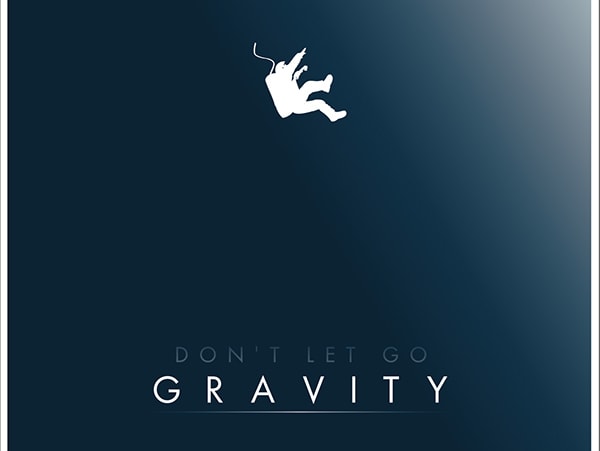



Now, pick a TV show.



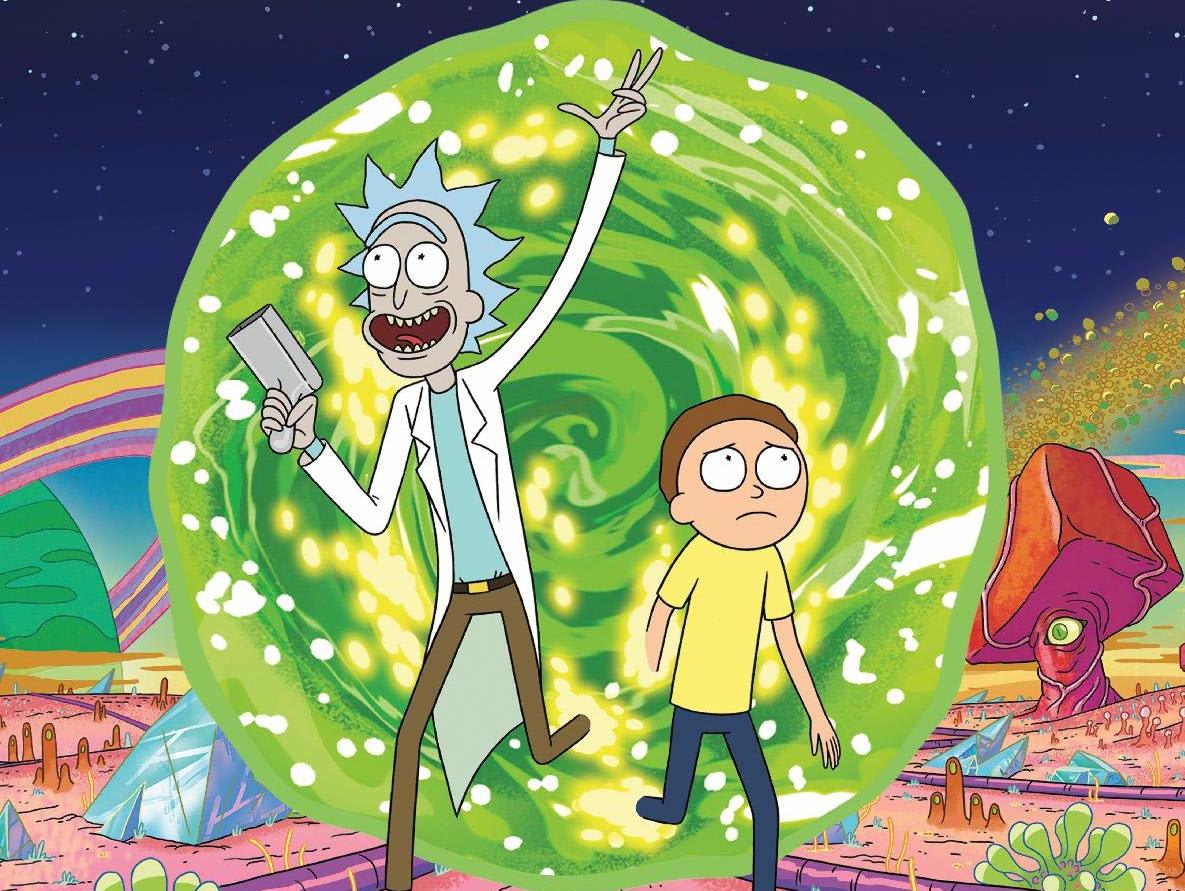
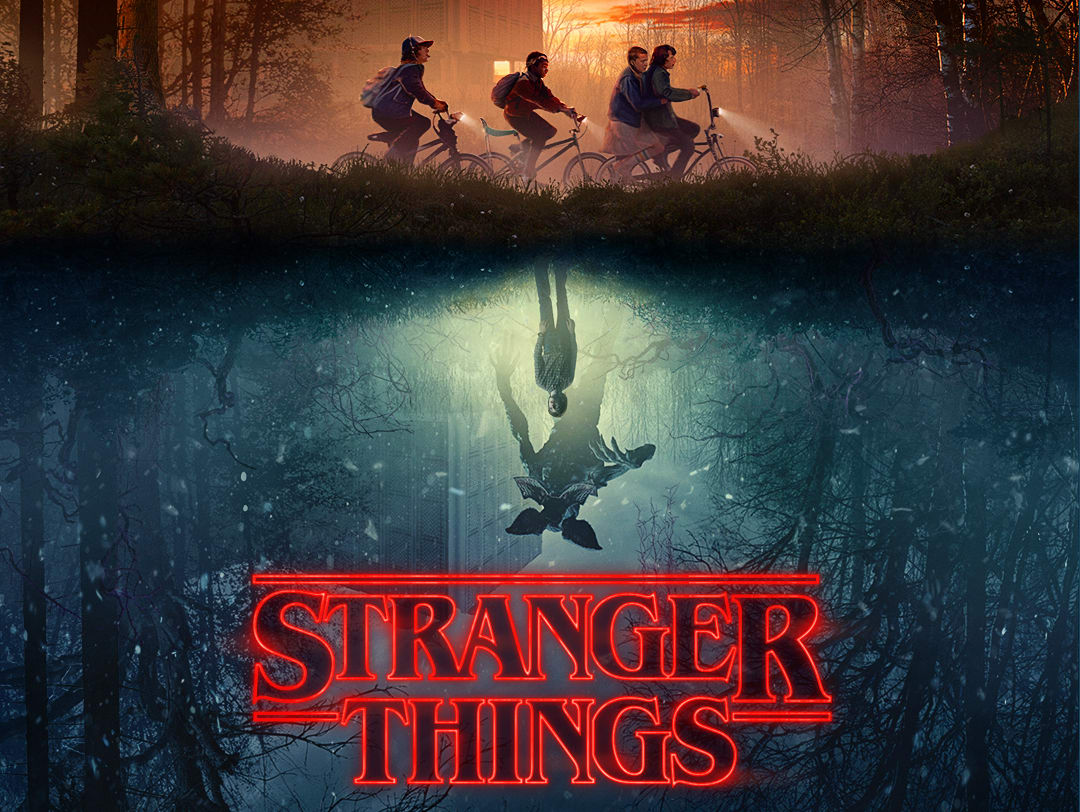




Let's take a vacation! Where do you want to go?









Ok. Now let's dig a little deeper. Choose your preferred form of immortality.



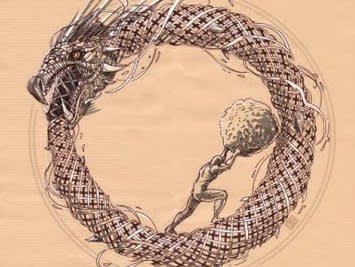


Pick a question:


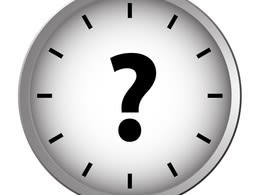

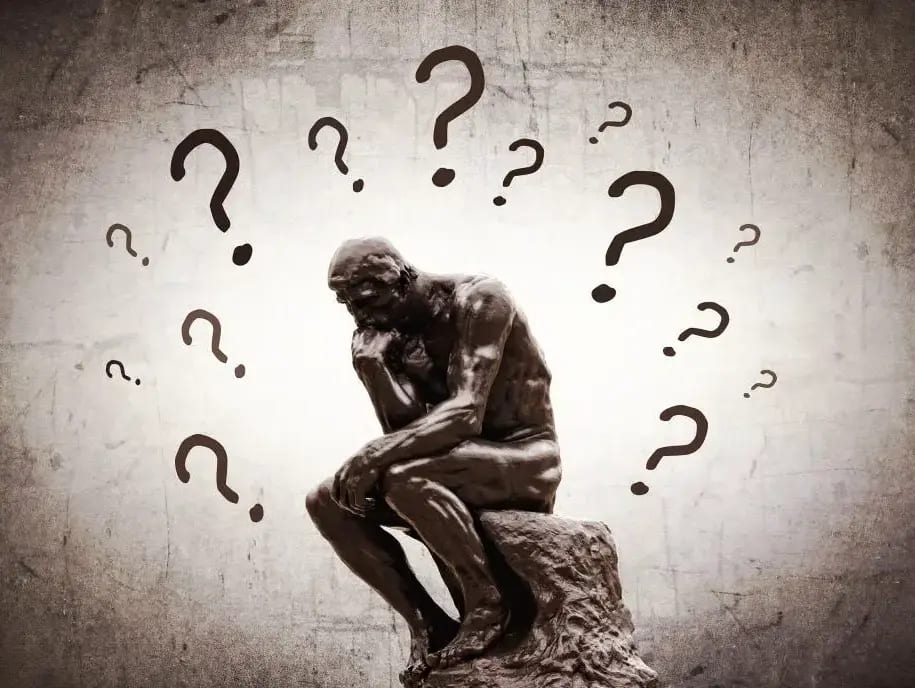
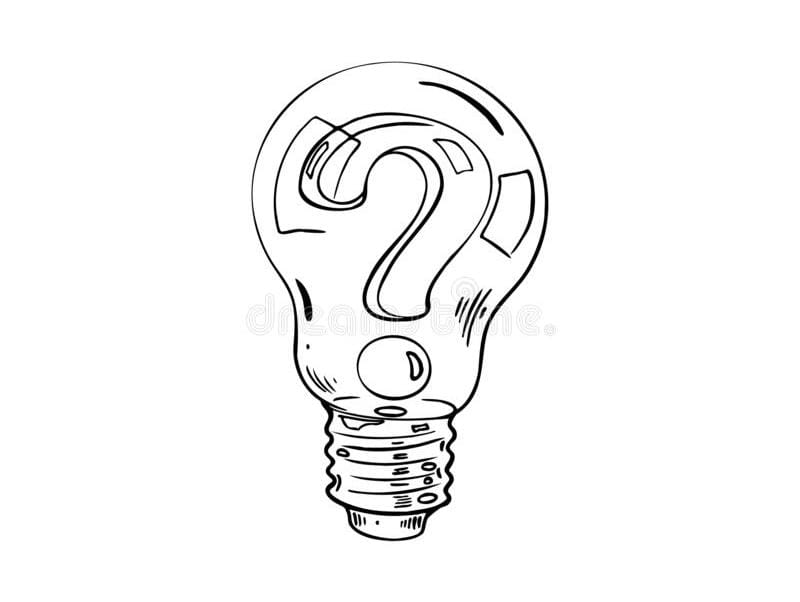
You meet an all-powerful being, but you can only ask them one thing. Which question would you choose?

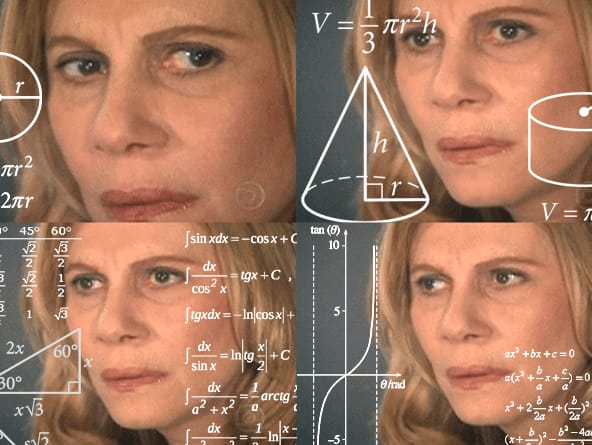
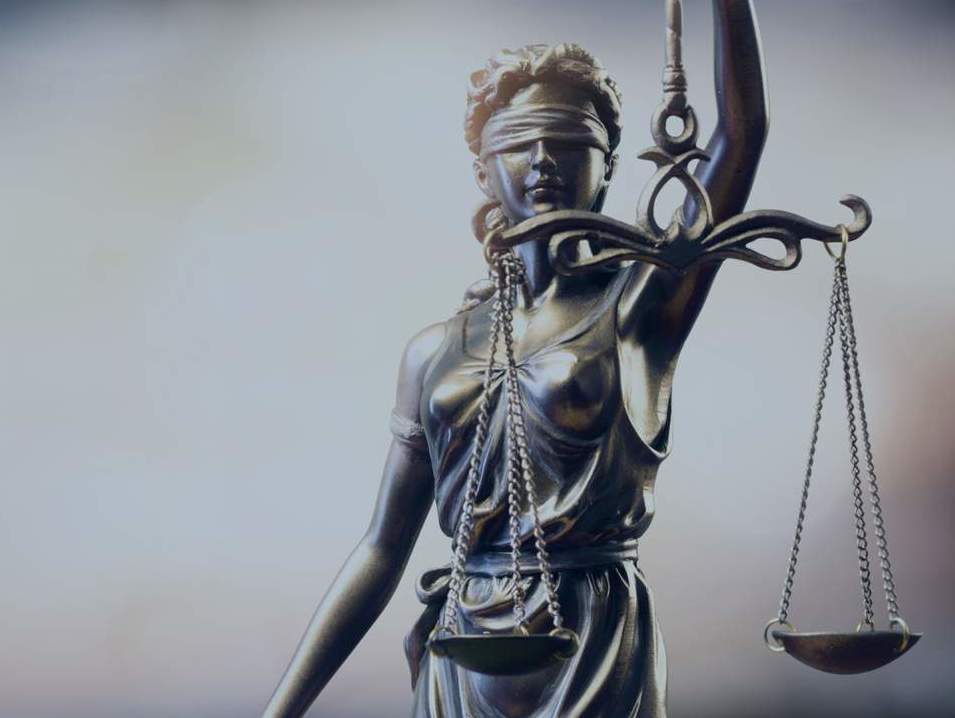
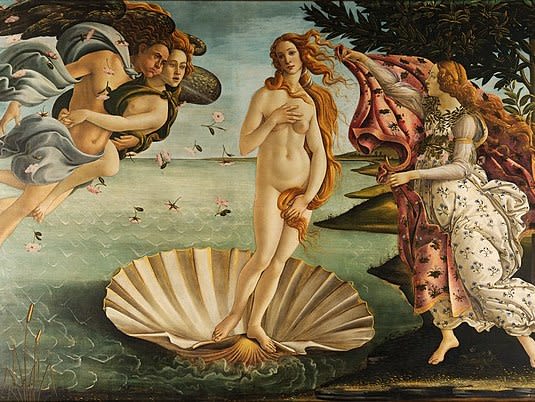



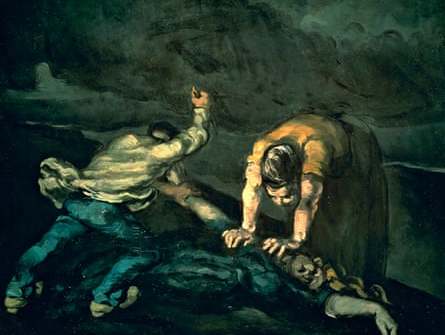

Almost done! Pick a quote:
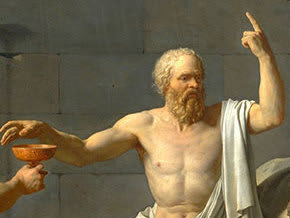

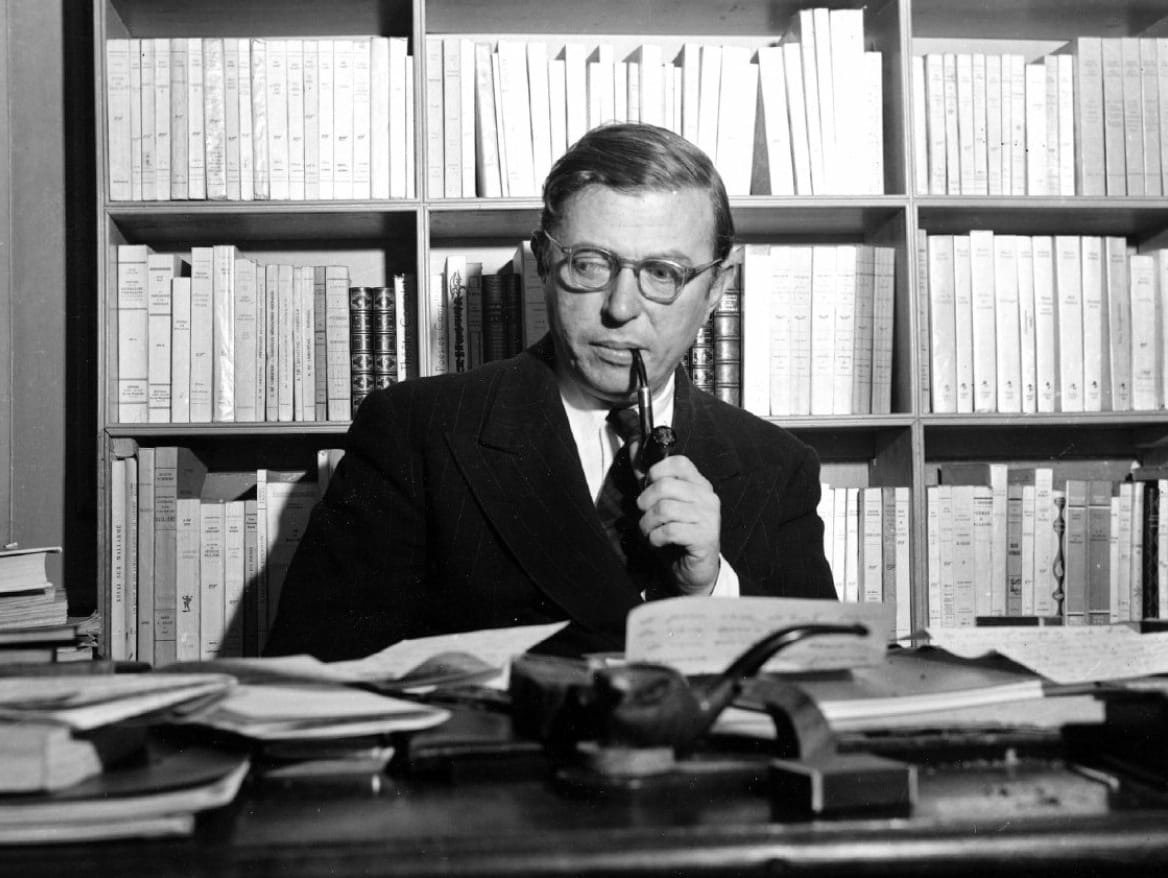

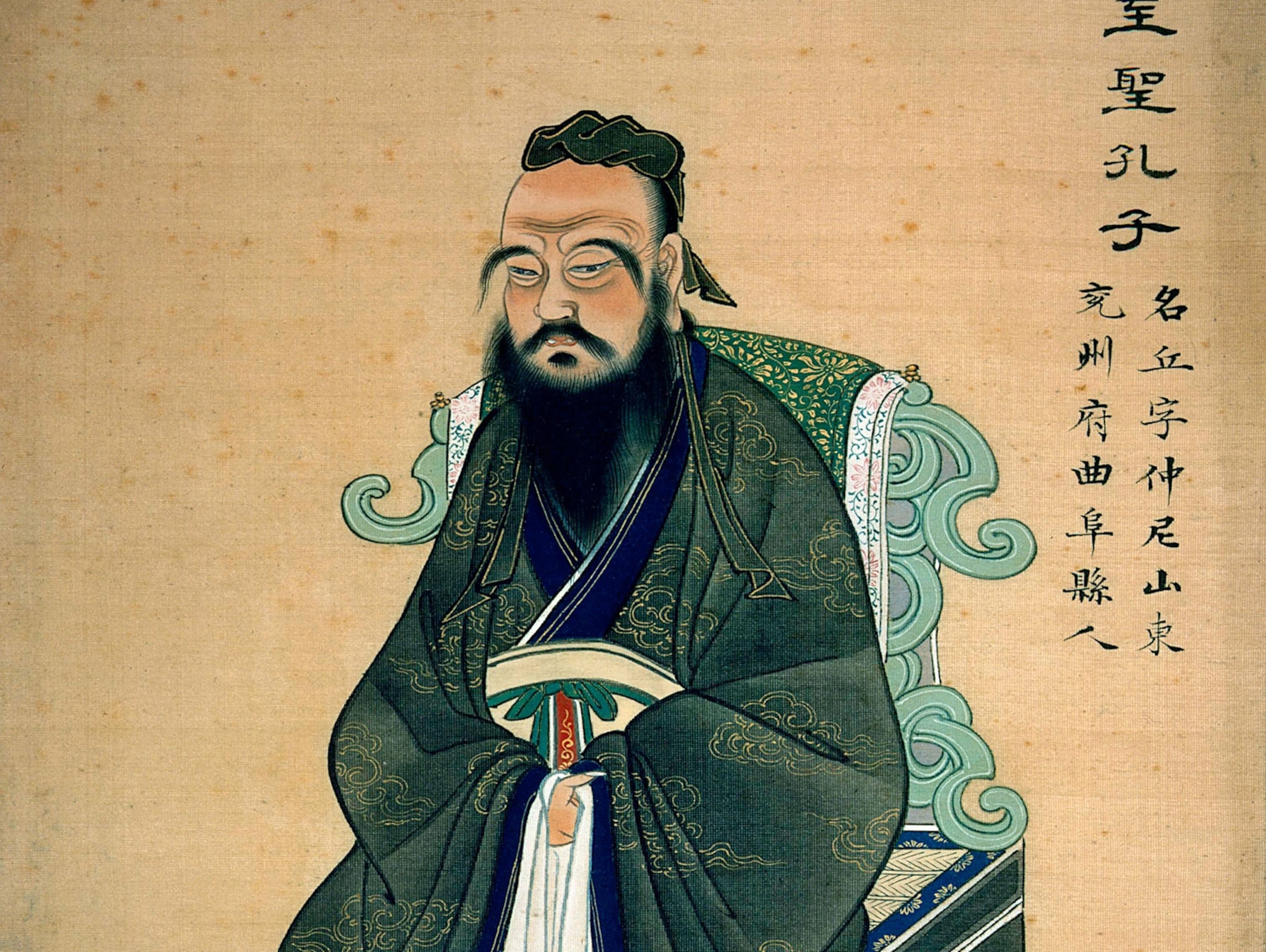
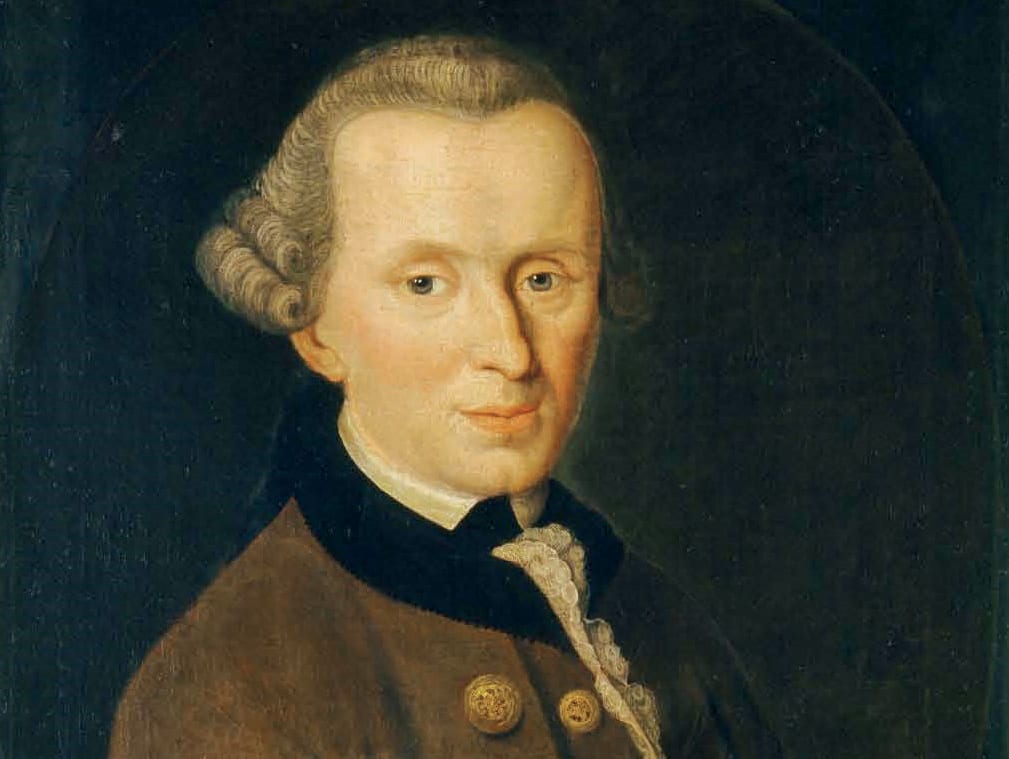

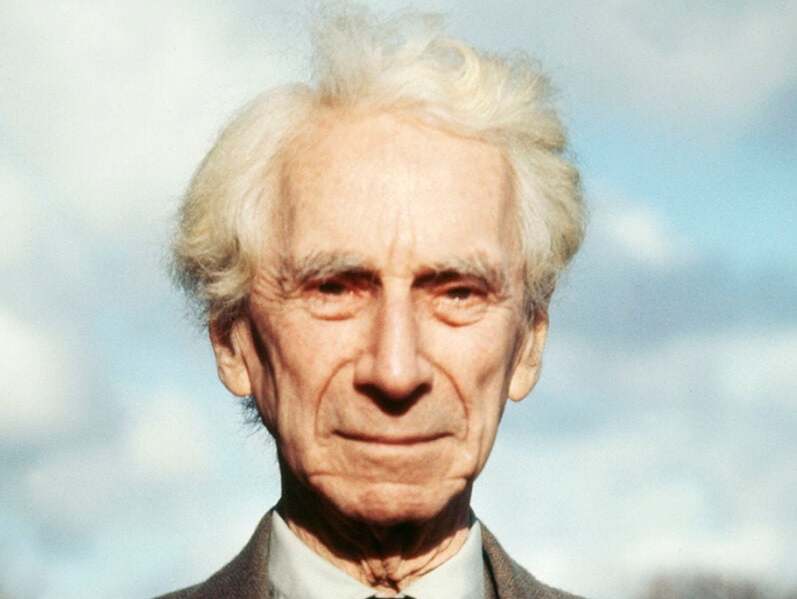
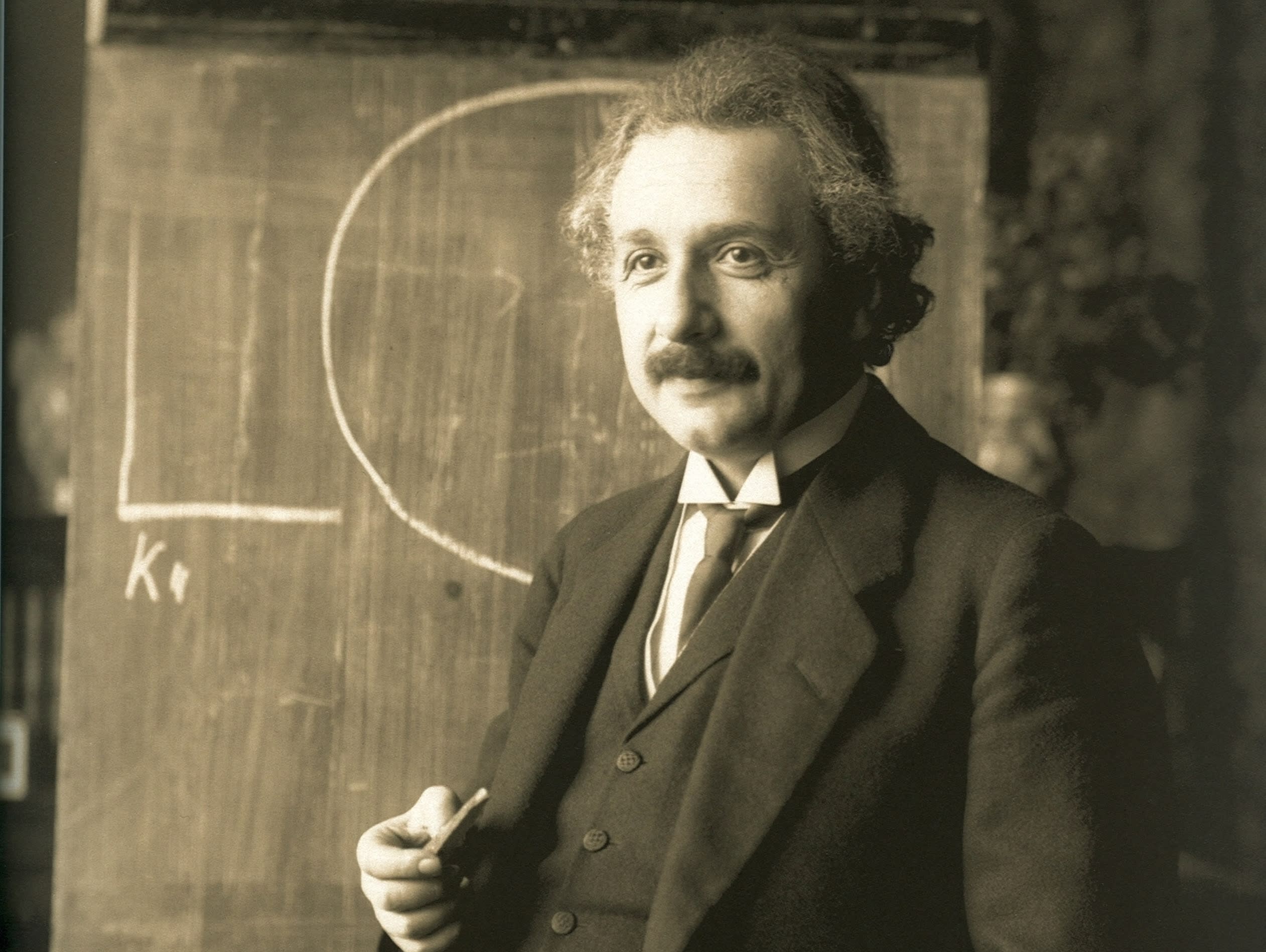
Last question! You're hosting a dinner party. Who do you want to join you (choose as many as you'd like)?
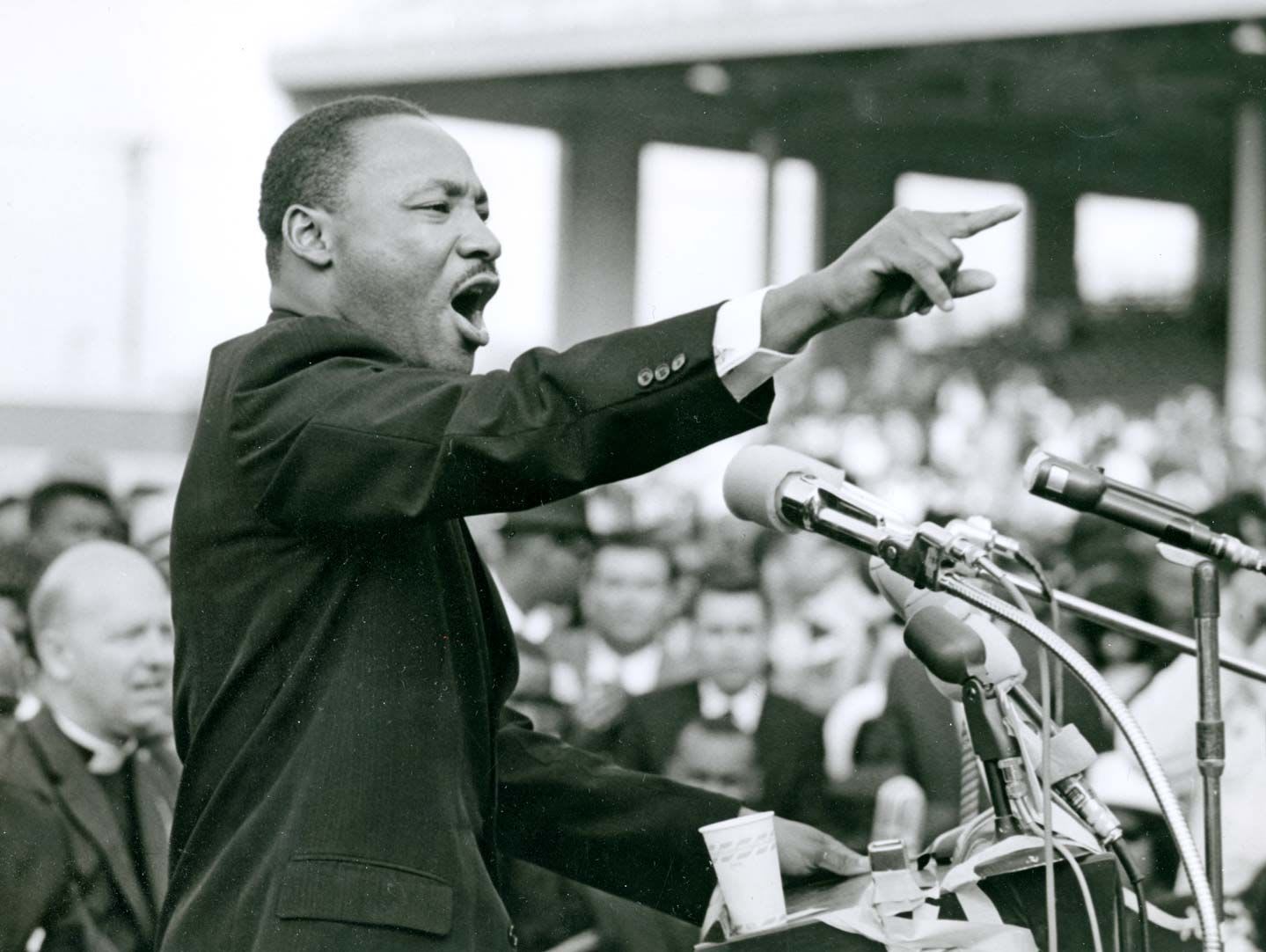


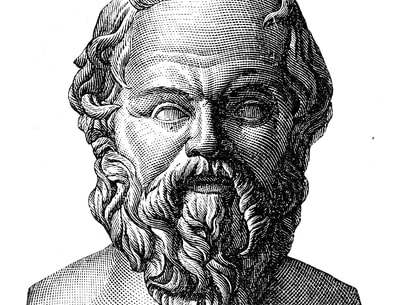


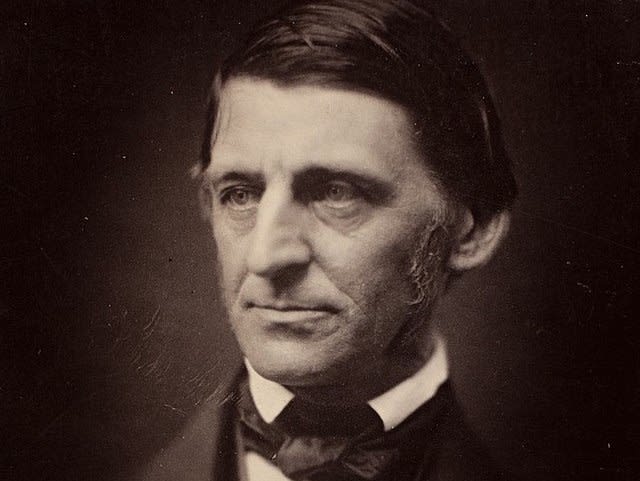



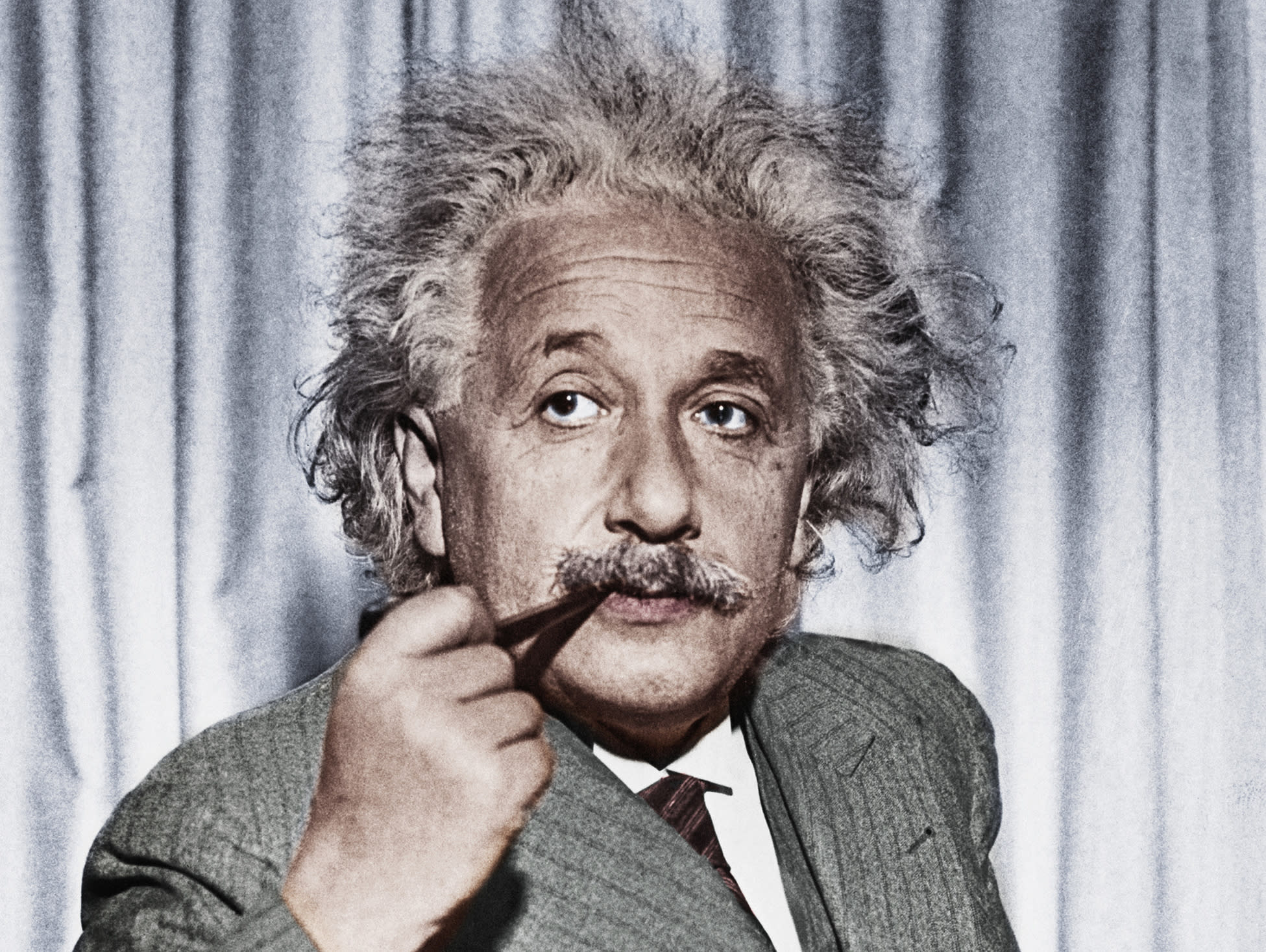

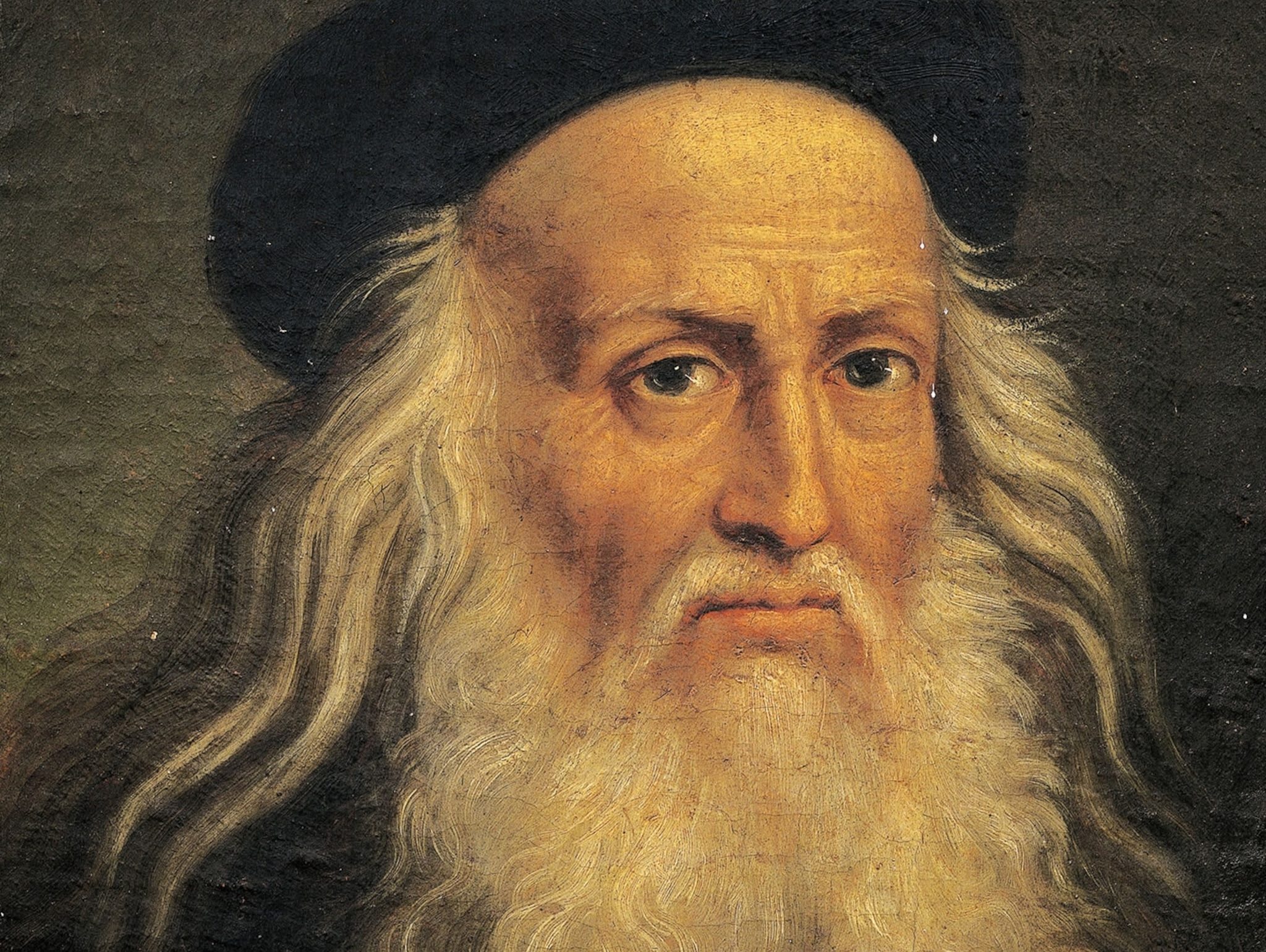

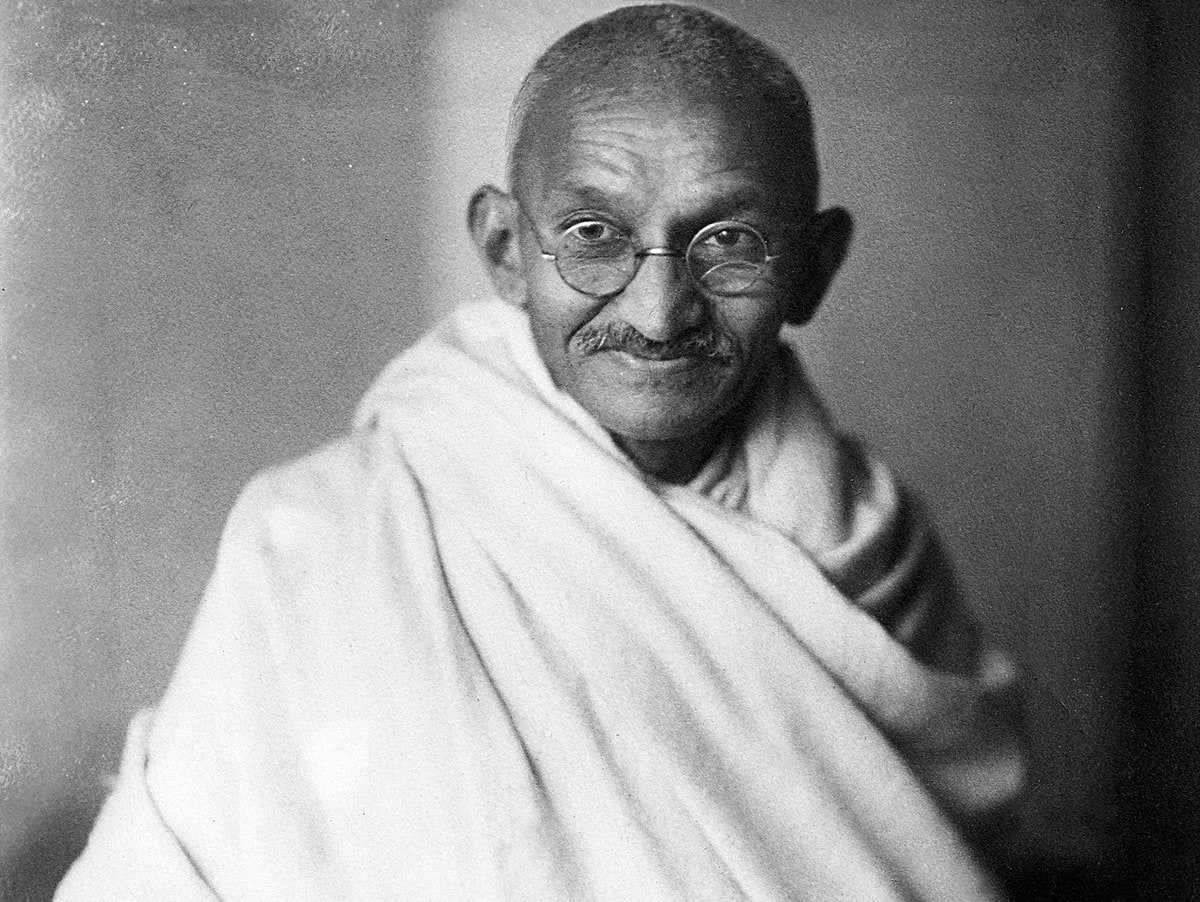
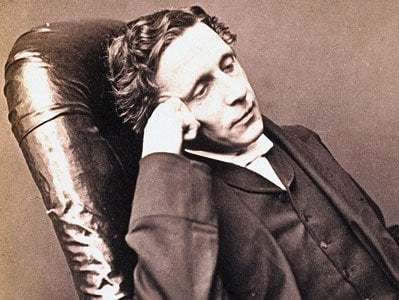


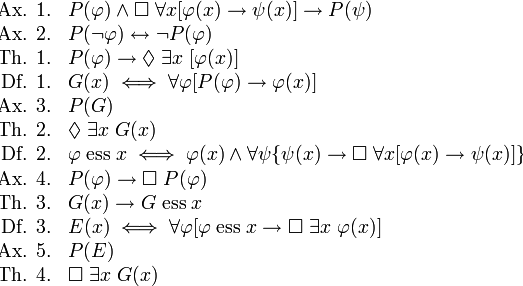
The Logician
You're way more comfortable with numbers and symbols than paintings or poems. You do love a good riddle, though, and probably get a kick out of puzzles and games. Maybe you've already put your logical skills to practical use; formal logic is the foundation of modern computer programming, after all.
Based on your personality type, here are some courses we offer at CSUN that we think you might like: PHIL 100: Introduction to Critical Reasoning; PHIL 110: Logic through Puzzles and Games; PHIL 135: Reasoning with Numbers, and PHIL 230: Introduction to Formal Logic.
Ready to branch out a bit? How about PHIL 210: Reasoning in the Sciences or PHIL 250: Philosophy of Technology
By the way, as a Logician you're in good company: People with this personality type include the Greek mathematician Pythagoras, the mathematician and computer scientist Alan Turing, and Lewis Carroll (the author of Alice in Wonderland).
But hey! Humans are complex! You are also:
- {result #2 percent} The Historian
- {result #3 percent} The Epistemologist
- {result #4 percent} The Metaphysician
- {result #5 percent} The Activist
- {result #6 percent} The Existentialist
- {result #7 percent} The Ethicist
- {result #8 percent} The Aesthete
- {result #9 percent} The Seeker
- {result #10 percent} The Investigator
- {result #11 percent} The Cultural Critic
- {result #12 percent} The Philosopher of Mind
Go back to the start of the quiz to explore these other philosophical types! Then, if you're interested in exploring that complexity in the classroom, how about PHIL 150: Introduction to Philosophical Thinking?
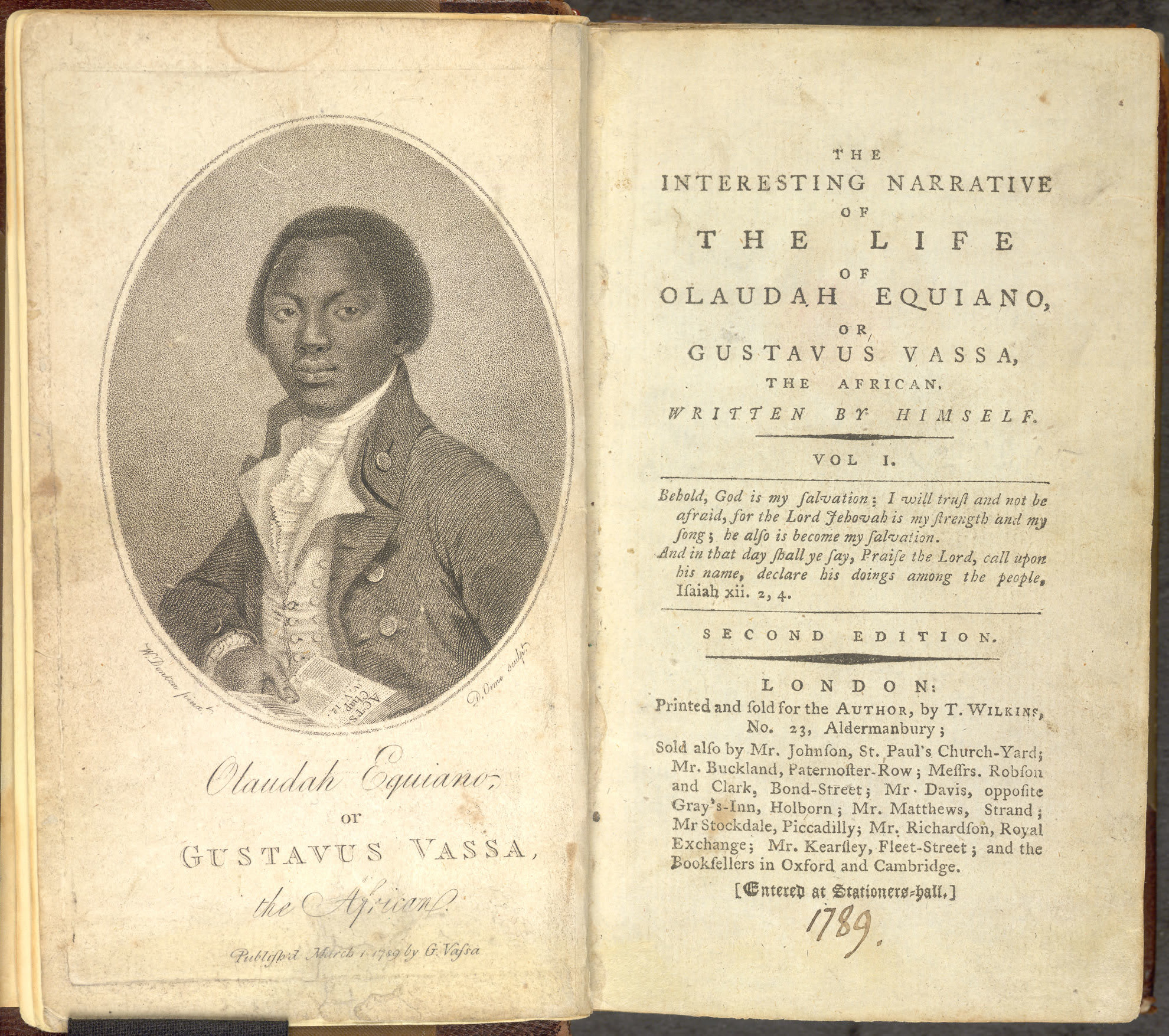
The Historian
You're interested in ideas: Where they come from, how they circulate, who they influence, how they have been put into action. Your friends know to find you in the dark corners of the library or wandering the stacks in your local bookstore.
We get it! Books are exciting, and can even be a little bit dangerous: They have sparked revolutions, founded new nations, and liberated the oppressed. Between their covers (nothing like the smell of an old book!) are radical ideas that can transport you around the world and back in time.
Here are some journeys through the history of philosophy we invite you on at CSUN:
Start with PHIL 201: Ancient Western Philosophy (after all, the British philosopher A.N. Whitehead once said that all of European philosophy consists in "a series of footnotes to Plato"). Then, follow it up with PHIL 401: Advanced Ancient Philosophy. Next, PHIL 202: Modern Philosophy will take you through the European Englightenment (and you can follow it up with PHIL 402: Advanced Modern Philosophy for a deeper dive).
Are you more interested in the ideas that shaped the American Revolution? that helped end slavery? that guided the Civil Rights movements of the 20th century? Try PHIL 317: History of American Philosophy; then see how many of the core American ideals (democracy, pluralism, community) have their roots in Native American thought by taking PHIL 333: American Indian Philosophy.
You should also include histories and ideas from outside the West! Try PHIL 343: Indian Philosophy or PHIL 344: Chinese Philosophy. Then, when you decide you want to take a closer look at the present, you can follow with PHIL 349: Contemporary Social and Political Issues.
While you're a Historian at heart, though, you are also:
- {result #1 percent} The Logician
- {result #3 percent} The Epistemologist
- {result #4 percent} The Metaphysician
- {result #5 percent} The Activist
- {result #6 percent} The Existentialist
- {result #7 percent} The Ethicist
- {result #8 percent} The Aesthete
- {result #9 percent} The Seeker
- {result #10 percent} The Investigator
- {result #11 percent} The Philosopher of Mind
- {result #12 percent} The Cultural Critic
Go back to the start of the quiz to explore these other philosophical types! If you're interested in exploring that complexity, you could always start with PHIL 150: Introduction to Philosophical Thinking and take things from there...
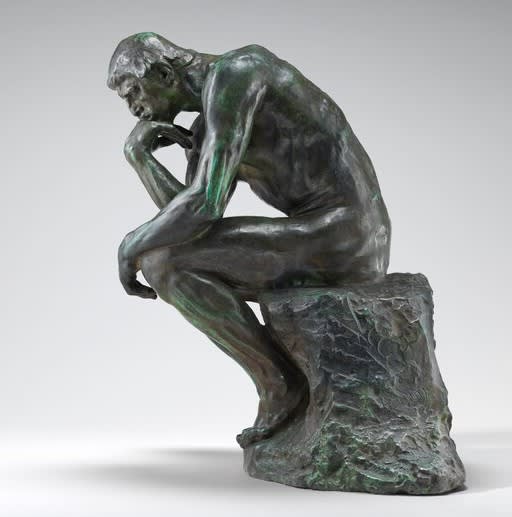
The Epistemologist
Socrates famously said that the only thing he knew for sure was that he knew nothing. You get where he was coming from. You think a lot about what it means to know something: What counts as knowlege? Who counts as a knower? Can we know something through reason alone? Is there even such a thing as "objective truth"?
The good news is that these questions are posed in one of the core areas of philosophical thinking: Epistemology. Join us in exploring them in PHIL 150: Introduction to Philosophy, and PHIL 350: Philosophy of Knowledge.
We also think you'll find a lot to like in PHIL 210: Reasoning in the Sciences, PHIL 330: Philosophy of Science, and PHIL 355: Philosophy of Mind.
That's because Epistemology connects to a lot of other areas of philosophy. It's also because you are:
- {result #1 percent} The Logician
- {result #2 percent} The Historian
- {result #4 percent} The Metaphysician
- {result #5 percent} The Activist
- {result #6 percent} The Existentialist
- {result #7 percent} The Ethicist
- {result #8 percent} The Aesthete
- {result #9 percent} The Seeker
- {result #10 percent} The Investigator
- {result #11 percent} The Philosopher of Mind
- {result #12 percent} The Cultural Critic
Go back to the start of the quiz to explore these other philosophical types!
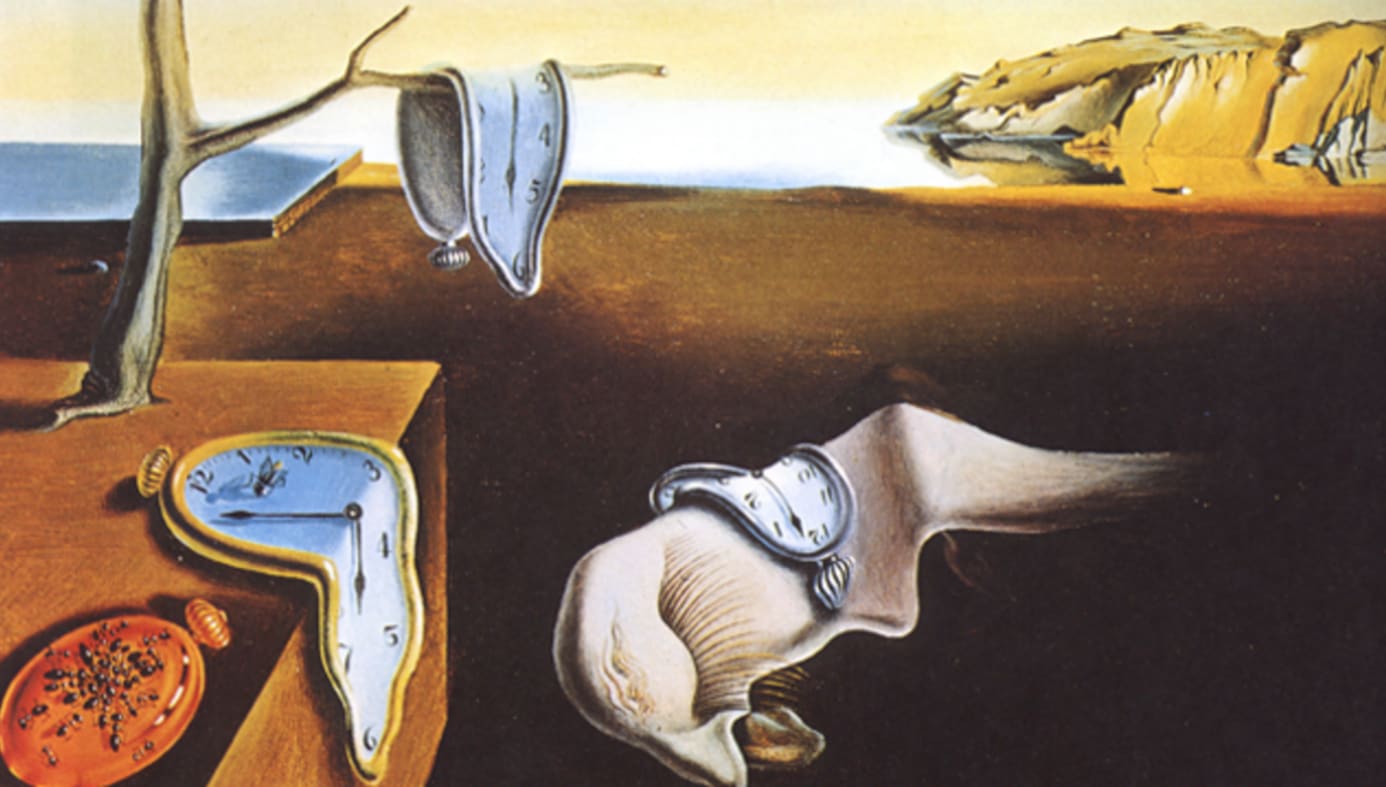
The Metaphysician
Do you ever lie awake at night wondering about the ultimate nature of reality? Do you ever ask yourself if numbers are real, whether we have free will, or if time travel is possible? Do you sometimes wonder what makes you... you?
This is the stuff that gets you sent over to our Department because you're making trouble in your physics class. So, why not join a long list of trouble-makers, from Buddha to Niels Bohr, by enrolling in PHIL 352: Philosophy of Reality? You might also like; PHIL 350: Philosophy of Knowledge, PHIL 355: Philosophy of Mind and PHIL 343: Indian Philosophy
But don't stop there, because you are also:
- {result #1 percent} The Logician
- {result #2 percent} The Historian
- {result #3 percent} The Epistemologist
- {result #5 percent} The Activist
- {result #6 percent} The Existentialist
- {result #7 percent} The Ethicist
- {result #8 percent} The Aesthete
- {result #9 percent} The Seeker
- {result #10 percent} The Investigator
- {result #11 percent} The Philosopher of Mind
- {result #12 percent} The Cultural Critic
Go back to the start of the quiz to explore these other philosophical types!

The Activist
The rich tradition of scholar-activism goes back to Socrates and Diogenes. As the philosopher, linguist, and activist Noam Chomsky said: “It is the responsibility of intellectuals to speak the truth and to expose lies,” and philosophy is our sharpest tool.
Using that tool, philosophers over millennia have transformed human societies (Confucianism), built Utopian communities (the transcendentalists), advocated the rights of women (Mary Wollstonecraft), and defended their liberty in times of slavery (Ottobah Cugoano). They have also reformed education systems (John Dewey), advocated for laws against racial terror (Ida B. Wells) and capital punishment (John Stuart Mill), exposed the logic of fascism (Hannah Arendt) and white supremacy (Charles Mills), and transformed our understanding of sex and gender (Judith Butler). It's no wonder that some of the most important political activists of the 20th century (Martin Luther King, Jr., Angela Davis, Cornel West) earned their graduate degrees in philosophy.
So, where can you start?
We have a range of core social and political philosophy classes, starting with 365: Social and Political Philosophy and PHIL 349: Contemporary Social and Political Issues. We also recommend PHIL 348: Philosophy and Feminism and PHIL 391: Philosophy of Law. You can follow those up with courses like PHIL 324: Philosophy of Disability.
You'll also find political themes and questions running throughout PHIL 201: Ancient Western Philosophy, PHIL 317: History of American Philosophy and PHIL 333: American Indian Philosophy.
But don't stop there! In addition to being an Activist, you are also:
- {result #1 percent} The Logician
- {result #2 percent} The Historian
- {result #3 percent} The Epistemologist
- {result #4 percent} The Metaphysician
- {result #6 percent} The Existentialist
- {result #7 percent} The Ethicist
- {result #8 percent} The Aesthete
- {result #9 percent} The Seeker
- {result #10 percent} The Investigator
- {result #11 percent} The Philosopher of Mind
- {result #12 percent} The Cultural Critic
Go back to the start of the quiz to explore these other philosophical types!

The Existentialist
Let's face it, you think about death. A lot. Is there an ultimate purpose to human existence? Are we alone in a cold, meaningless universe? A naturally inquisitive person, you're obsessed with the really big questions—about responsibility, freedom, the human condition.
As philosophers, we know these questions can bring up a lot of anxiety. But it's nothing that a strong cup of coffee and a good novel can't help you through. May we recommend The Stranger, by the great existentialist writer Albert Camus, or Dostoyevsky's Crime and Punishment? Or how about enrolling in PHIL 353: Existentialism, followed up with PHIL 354: Kierkegaard and Nietzsche, which focuses on two of the most important existentialists of the 19th century. Or, if you're looking for an advanced course, try PHIL 423: Continental Philosophy or PHIL 439: Phenomenology, two traditions associated with great existentialist thinkers like Simone de Beauvoir and Jean-Paul Sartre.
But play around a bit, too! Because you are also:
- {result #1 percent} The Logician
- {result #2 percent} The Historian
- {result #3 percent} The Epistemologist
- {result #4 percent} The Metaphysician
- {result #5 percent} The Activist
- {result #7 percent} The Ethicist
- {result #8 percent} The Aesthete
- {result #9 percent} The Seeker
- {result #10 percent} The Investigator
- {result #11 percent} The Philosopher of Mind
- {result #12 percent} The Cultural Critic
Maybe PHIL 180: Human Nature and the Meaning of Life? We also think you might like PHIL 314: Philosophy of Film and Literature, since both are excellent mediums for exploring existentialist themes.
Go back to the start of the quiz to explore these other philosophical types!
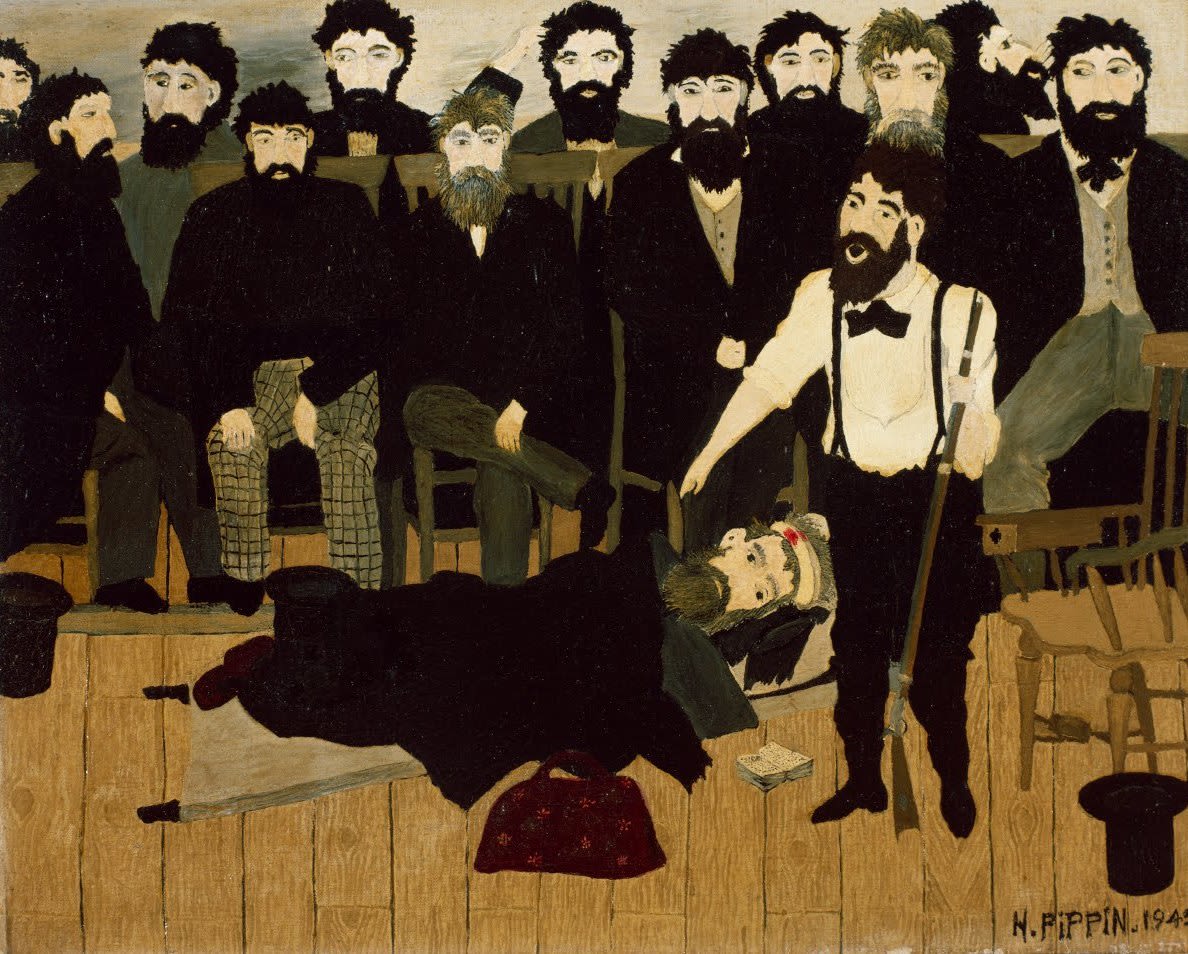
The Ethicist
You have an intuitive sense of justice and fairness, and your friends always seem to come to you for advice. But you have questions, too: What makes an action right or wrong? What obligations do we have to one another? What is the source of moral value? When faced with an ethical dilemma, how should you act?
The good news is, we can help! Come join us in PHIL 360: Ethical Theory. Then explore our range of applied ethics courses, including:
- PHIL 164: Ethics and Technology
- PHIL 165: Ethics in the 21st Century
- PHIL 305: Business Ethics and Public Policy
- PHIL 265: Medical Ethics
- PHIL 240: Environmental Ethics
- PHIL 260: Sexual Ethics
After that, you'll want to explore more facets of your philosophical personality. After all, you are also:
- {result #1 percent} The Logician
- {result #2 percent} The Historian
- {result #3 percent} The Epistemologist
- {result #4 percent} The Metaphysician
- {result #5 percent} The Activist
- {result #6 percent} The Existentialist
- {result #8 percent} The Aesthete
- {result #9 percent} The Seeker
- {result #10 percent} The Investigator
- {result #11 percent} The Philosopher of Mind
- {result #12 percent} The Cultural Critic
Go back to the start of the quiz to explore these other philosophical types!

The Aesthete
A beautiful work of art, a moving poem, just the right bar of music... they've been known to stop you in your tracks. You find beauty in nature as much as in art, and you're interested in the transformative possibilities of painting, sculpture, theater, and literature. From wabi sabi to expressionism, Aesthetes like you are interested in what we find beautiful and meaningful, and in how the things around us invigorate our senses.
But what, exactly, is beauty? Can there be objective judgments of taste? How can we be so moved by things—like a tragic novel or a horror film—that we know aren't real? Does art lie? Come explore these and other questions with us in PHIL 314: Philosophy of Film and Literature and PHIL 380: Aesthetics.
But don't stop there! We also think you'll enjoy PHIL 170: Philosophy and Popular Culture (where you can philosophize about things like comics and television shows—after all, not all art is "high art"!) or PHIL 180: Human Nature and the Meaning of Life, where we'll discuss enduring questions of human meaning and value—precisely the sorts of things we often try to preserve or express in works of art. Last, we think you'd enjoy PHIL 240: Environmental Ethics—a chance to explore our relationship with the natural world—and PHIL 280: Philosophy of Sport and Games, where you will spend time discussing the aesthetics of sports and games.
But hey! Humans are complex! You are also:
- {result #1 percent} The Logician
- {result #2 percent} The Historian
- {result #3 percent} The Epistemologist
- {result #4 percent} The Metaphysician
- {result #5 percent} The Activist
- {result #6 percent} The Existentialist
- {result #7 percent} The Ethicist
- {result #9 percent} The Seeker
- {result #10 percent} The Investigator
- {result #11 percent} The Philosopher of Mind
- {result #12 percent} The Cultural Critic
Go back to the start of the quiz to explore these other philosophical types!

The Seeker
The questions that keep you up at night are the really big ones: Is there a God? Does life have a purpose? What is a person? Is this all there is? Your friends will often find you staring up at the stars and asking yourself, "What does it all mean?"
Good news! This makes you something of a natural philosopher: Your big question is usually just some version of... why?
So, here's a plan! We recommend you start out with PHIL 180: Human Nature and the Meaning of Life or PHIL 140: Introduction to Buddhist Philosophy. Then, try PHIL 337: Philosophy of Religion and PHIL 343: Indian Philosophy. After that, you can round out your curriculum with PHIL 353: Existentialism or PHIL 354: Kierkegaard and Nietzsche.
But remember that philosophy is never short on questions; you'll want to keep exploring. To guide your explorations, bear in mind that you are:
- {result #1 percent} The Logician
- {result #2 percent} The Historian
- {result #3 percent} The Epistemologist
- {result #4 percent} The Metaphysician
- {result #5 percent} The Activist
- {result #6 percent} The Existentialist
- {result #7 percent} The Ethicist
- {result #8 percent} The Aesthete
- {result #10 percent} The Investigator
- {result #11 percent} The Philosopher of Mind
- {result #12 percent} The Cultural Critic
Go back to the start of the quiz to explore these other philosophical types!
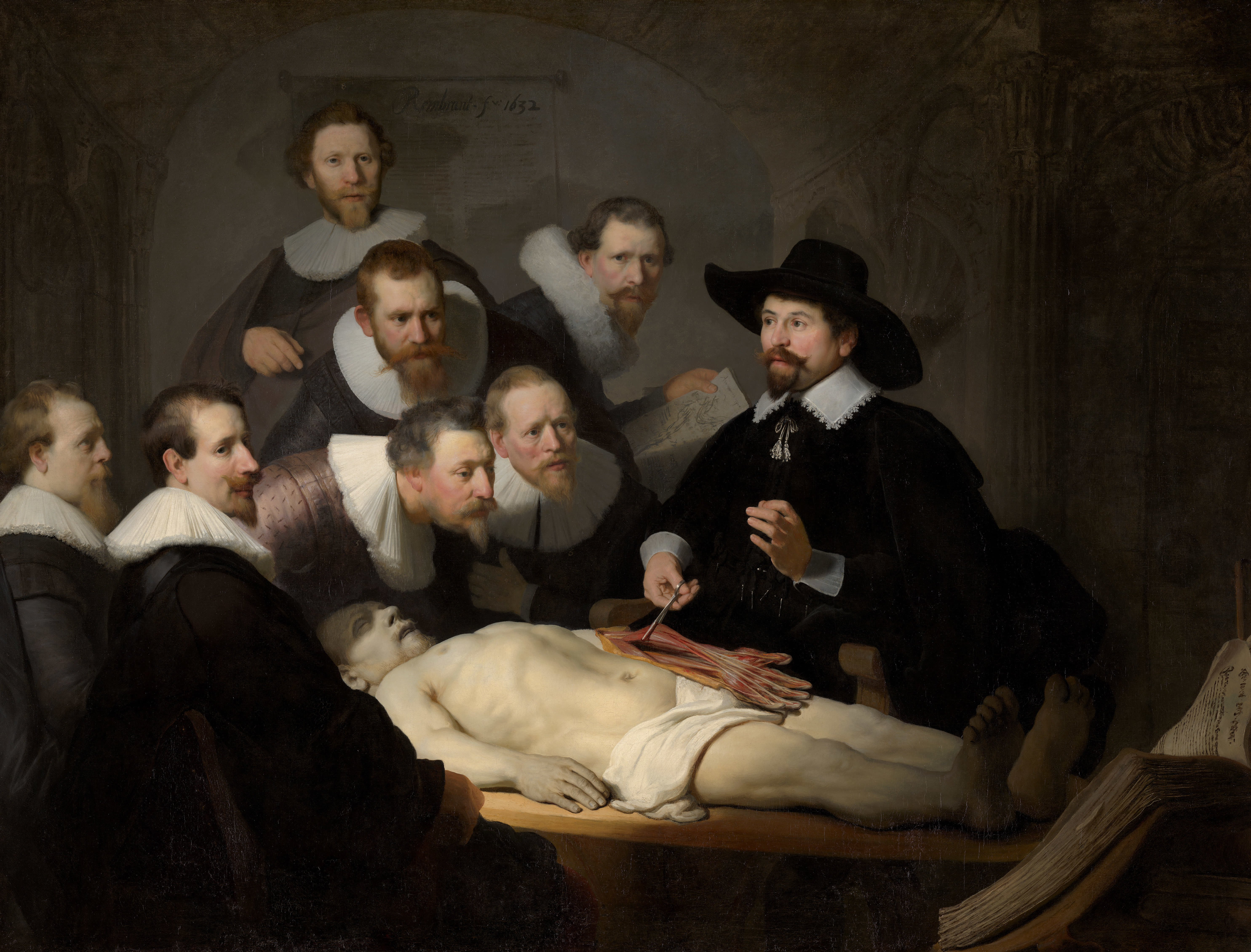
The Investigator
One thing you've always liked about science is that it's guided by a method. You like systems and rigor and structure. In the end, though, what you're looking for is truth. If there's something to be found out, you're interested in finding it. Like a philosophical detective, you're always on the case: searching for the basic building blocks of reality, the essence of material entities, the structure of good reasoning, the solution to a logical puzzle, or the nature of the human condition.
Based on your philosophical personality, we think you will feel right at home in PHIL 210: Reasoning in the Sciences and PHIL 330: Philosophy of Science. We also think you'll like PHIL 325: Philosophy of Biology, and PHIL 350: Philosophy of Knowledge.
But hey! Humans are complex! You are also:
- {result #1 percent} The Logician
- {result #2 percent} The Historian
- {result #3 percent} The Epistemologist
- {result #4 percent} The Metaphysician
- {result #5 percent} The Activist
- {result #6 percent} The Existentialist
- {result #7 percent} The Ethicist
- {result #8 percent} The Aesthete
- {result #9 percent} The Seeker
- {result #11 percent} The Philosopher of Mind
- {result #12 percent} The Cultural Critic
How about PHIL 150: Introduction to Philosophical Thinking to get a feel for a range of areas that you can explore?
Go back to the start of the quiz to explore these other philosophical types!
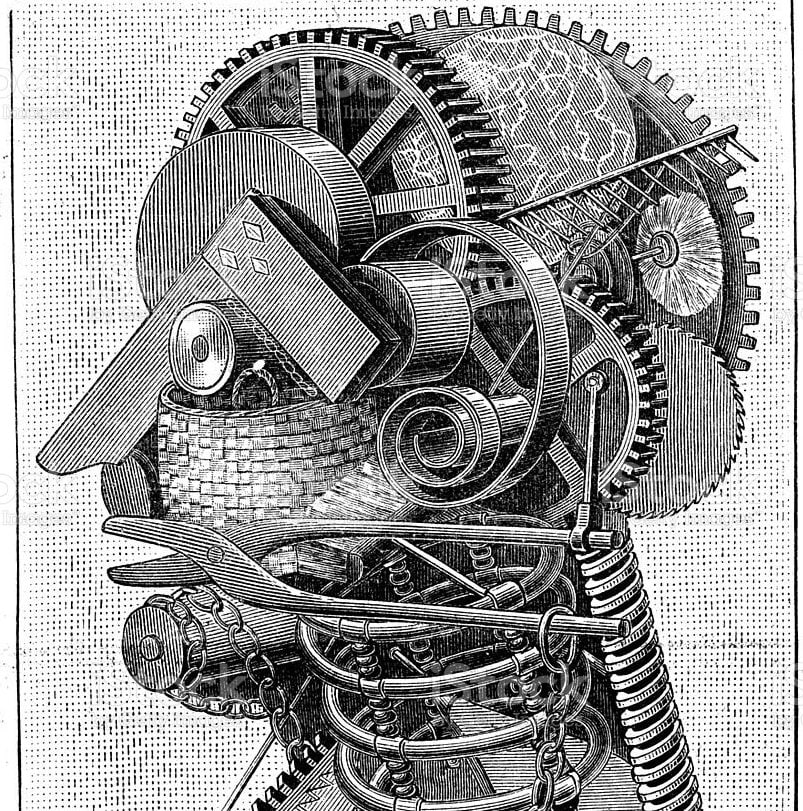
The Philosopher of Mind
Robots! Cyborgs! Zombies! You think a lot about consciousness and the human mind... or is it the brain? Are they the same thing? You're not quite sure... But you're a fan of movies like Blade Runner and Ex Machina, and when you're with your friends, you like to debate questions like whether there can be a truly intelligent artificial intelligence, what it's like for animals to perceive, and whether you need a body in order to think.
We have good news! You're already thinking about some of the basic issues in philosophy of mind, one of the core areas of contemporary philosophy. Why not take a class at CSUN? We offer PHIL 355: Philosophy of Mind and PHIL 455: Advanced Philosophy of Mind.
We think you will also enjoy PHIL 250: Philosophy of Technology, PHIL 350: Philosophy of Knowledge, and PHIL 352: Philosophy of Reality. Or, for something a little bit different, how about PHIL 439: Phenomenology, which centers on the study of conscious experience from the first-person perspective? And if you're interested in the history of philosophy of mind, including debates about mechanical life in the early modern era, maybe try out PHIL 202: Modern Philosophy.
But there's a lot more for you to explore! Don't forget, you are also:
- {result #1 percent} The Logician
- {result #2 percent} The Historian
- {result #3 percent} The Epistemologist
- {result #4 percent} The Metaphysician
- {result #5 percent} The Activist
- {result #6 percent} The Existentialist
- {result #7 percent} The Ethicist
- {result #8 percent} The Aesthete
- {result #9 percent} The Seeker
- {result #10 percent} The Investigator
- {result #12 percent} The Cultural Critic
Go back to the start of the quiz to explore these other philosophical types!

The Cultural Critic
You're fascinated by culture in all its forms—in so-called 'high' and 'low' art, in human behavior and political action, in our institutions and values. In fact, what excites you most about philosophy is that it can be a tool for analyzing and understanding your world. This puts you in good company. Friedrich Nietzsche called himself a cultural critic.
Today, philosophers think about human culture and values in all its modes: We analyze comics and video games and drag shows; we try to understand the formation of social movements and the uses of anger in politics. The German philosopher Thodor Adorno once wrote a whole essay about the astrology column of The LA Times (he was not a fan!).
At CSUN, the best classes for exploring this kind of work are:
- PHIL 170: Philosophy and Popular Culture
- PHIL 250: Philosophy of Technology
- PHIL 260: Sexual Ethics
- PHIL 280: Philosophy of Sport and Games
- PHIL 406: Philosophy of Sex, Gender, and Sexuality
- PHIL 423: Continental Philosophy
(We think you'd also probably enjoy PHIL 164: Ethics and Technology, PHIL 165: Ethics for the 21st Century and PHIL 349: Contemporary Social and Political Issues.)
You can then turn your critical eye on other domains, since, in addition to being a Cultural Critic, you are also:
- {result #1 percent} The Logician
- {result #2 percent} The Historian
- {result #3 percent} The Epistemologist
- {result #4 percent} The Metaphysician
- {result #5 percent} The Activist
- {result #6 percent} The Existentialist
- {result #7 percent} The Ethicist
- {result #8 percent} The Aesthete
- {result #9 percent} The Seeker
- {result #10 percent} The Investigator
- {result #11 percent} The Philosopher of Mind
Go back to the start of the quiz to explore these other philosophical types!

A3: Critical Thinking
Critical thinking is at the core of Philosophy. In fact, honing the ability to think critically about and reflect on yourself and the world around you is one of the greatest benefits of a Philosophy degree. To entice you into our field, we offer the following classes that satisfy CSUN's Critical Thinking requirement in GE:
-
PHIL 100: Introduction to Critical Reasoning (4)
- PHIL 110: Logic through Puzzles and Games (3)
-
PHIL 210: Reasoning in the Sciences (3)
- PHIL 230 Introduction to Formal Logic (3)
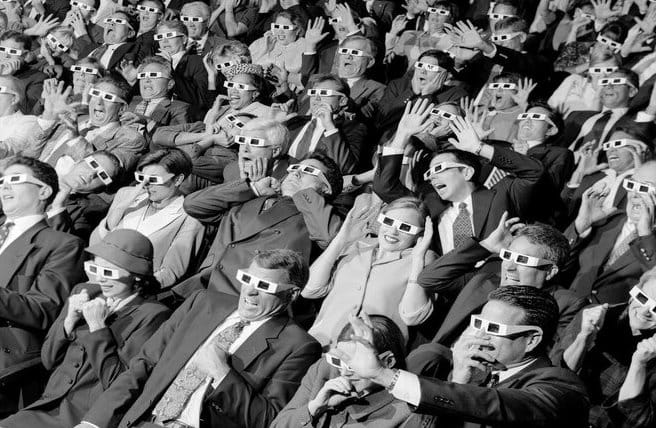
C1: Arts
One of the core areas of philosophy—aesthetics—concerns the nature of the arts, and addresses questions like: What is beauty? What is an aesthetic judgment? What is the relationship between art and reality? Does art lie? Plus, countless films and novels explore philosophical themes, from personal identity (Memento) to cloning (Never Let Me Go), from inequality (The Dark Knight, Parasite) to the nature of time (Interstellar, Arrival).
Come explore these and other topics in the following courses, which satisfy the Arts requirement of GE:
- PHIL 170: Philosophy and Popular Culture (3)
- PHIL 314: Philosophy of Film and Literature (3)

C2: Humanities
A core discipline in the Humanities, philosophy questions everything! You can satisfy your C2 requirement at CSUN with a wide range of classes at the lower- and upper-division levels.
Check out the options below:
- PHIL 140: Introduction to Buddhist Philosophy
- PHIL 150: Introduction to Philosophy (3) I
- PHIL 164: Ethics and Technology (3)
- PHIL 165: Ethics for the 21st Century (3)
-
PHIL 170: Philosophy and Popular Culture (3)
- PHIL 180: Human Nature and the Meaning of Life (3)
- PHIL 201: Ancient Western Philosophy (3)
- PHIL 202: Modern Philosophy (3)
-
PHIL 240: Environmental Ethics (3)
- PHIL 250: Philosophy of Technology (3)
- PHIL 260: Sexual Ethics (3)
- PHIL 265: Medical Ethics (3)
- PHIL 280: Philosophy of Sport and Games (3)
- PHIL 314: Philosophy of Film and Literature (3)
- PHIL 325: Philosophy of Biology (3)
- PHIL 330: Philosophy of Science (3)
- PHIL 337: Philosophy of Religion (3)
- PHIL 349: Contemporary Social and Political Issues (3)
- PHIL 353: Existentialism (3)
- PHIL 354: Kierkegaard and Nietzsche (3)
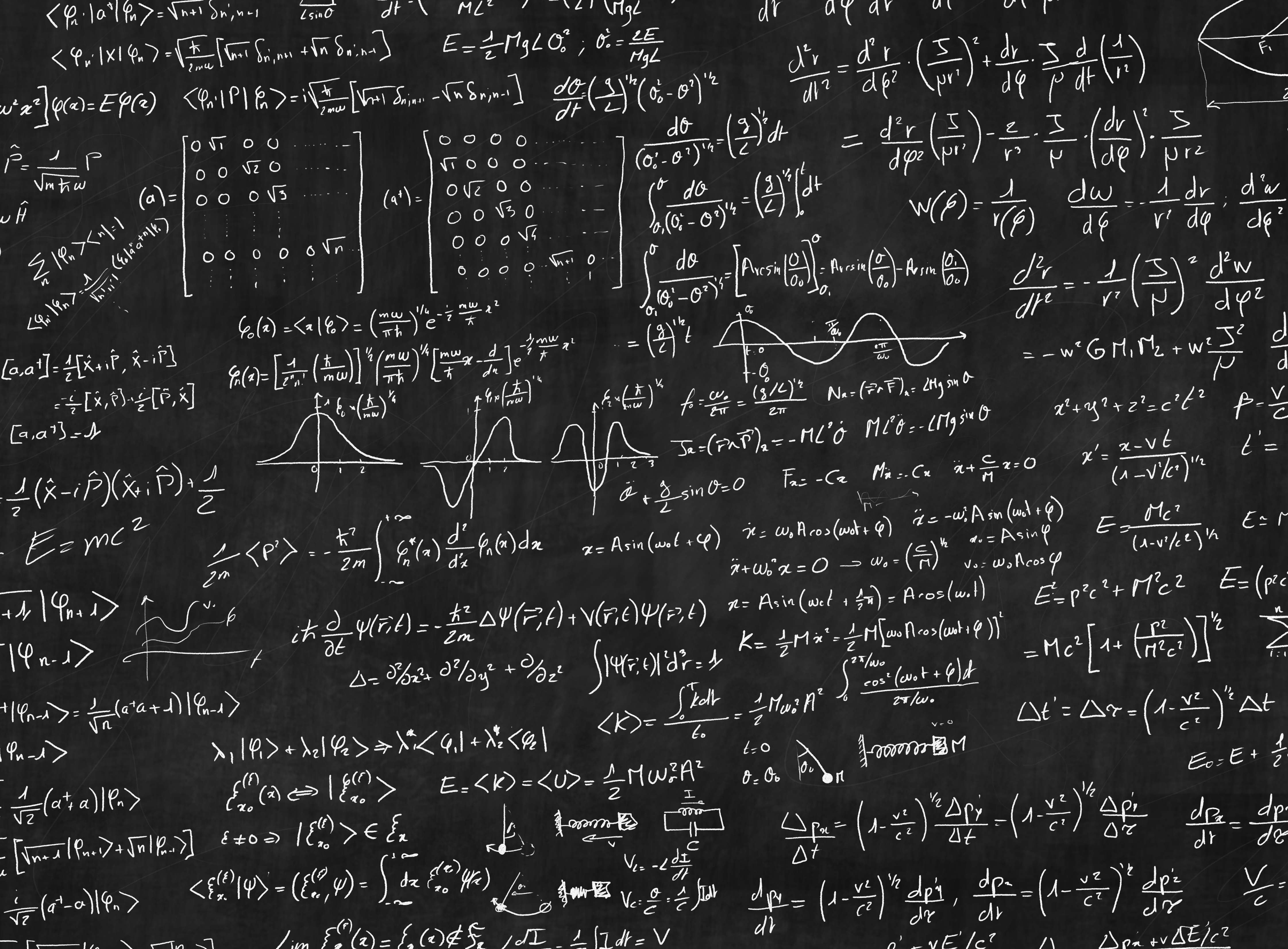
B4: Mathematics/Quantitative Reasoning
There are a lot of exciting intersections of philosophy and math. Our contribution to this GE category concerns how mathematical and critical reasoning intertwine.
- PHIL 135: Reasoning with Numbers (3)

B5: Scientific Inquiry and Quantitative Reasoning, Upper Division
The lines between philosophy and science have been blurry at least since Aristotle wrote a treatise on the parts of animals. In fact, some of the most revolutionary figures in the history of science—from Francis Bacon to Thomas Kuhn—have been trained philosophers. For a philosophical take on the upper-division Science requirement, try:
- PHIL 325: Philosophy of Biology (3)

C3: U.S. History (American Institutions)
Ideas can change history, so enroll in the following C3 course to explore some "home-grown" philosophical ideas, methods, and traditions. You'll also examine the philosophical foundations of our most enduring instituions and ideals.
- PHIL 317: History of American Philosophy

E: Lifelong Learning
In many senses, philosophy is a way of life. It changes how you see the world around you and how you understand your ultimate place in it. We offer a number of classes that we think are likely to be relevant even after your time here at CSUN has come to an end. For the ones that fulfill the section E requirement of GE, check out:
- PHIL 180: Human Nature and the Meaning of Life (3)
- PHIL 250: Philosophy of Technology (3)
-
PHIL 260: Sexual Ethics (3)
- PHIL 280: Philosophy of Sport and Games (3)
- PHIL 305: Business Ethics and Public Policy (3)
- PHIL 337: Philosophy of Religion (3)
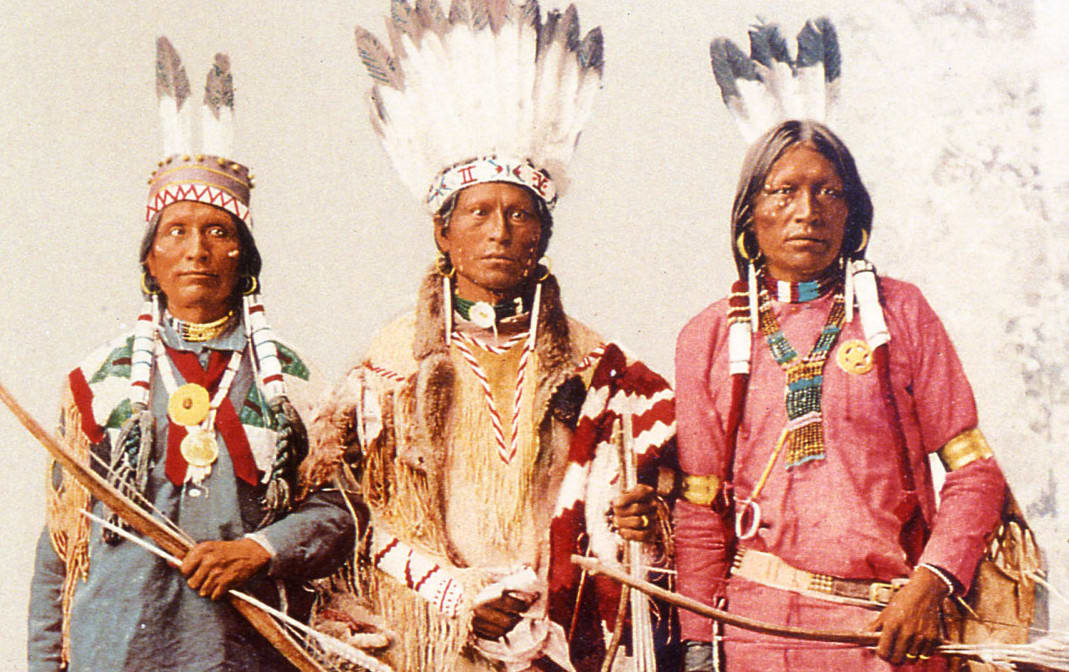
F: Comparative Cultural Studies/Gender, Race, Class, and Ethnicity Studies, and Foreign Languages
Philosophy is essentially as old as civilization itself. And philosophers have lived and transformed their communities all over the world, not just here at home. The following classes give a taste of a range of philosophical traditions, both East and West, you can study at CSUN:
- PHIL 332: Japanese Philosophy (3)
- PHIL 333: American Indian Philosophy (3)
- PHIL 343: Indian Philosophy (3)
- PHIL 344: Chinese Philosophy (3)
- PHIL 348: Feminist Philosophy (3)

IC: Information Competence
In addition to fulfilling various subject area requirements, the following Philosophy courses have the bonus of being designated IC:
- PHIL 165: Ethics for the 21st Century (3)
- PHIL 280: Philosophy of Sport and Games (3)
- PHIL 349: Contemporary Social and Political Issues (3)

D1: Social Sciences
Philosophers engage closely with the social sciences, including examining issues that lie at the foundations of various social scientific fields: What is a law? What is a person? What is a right? The following classes satisfy the Social Science requirement of GE:
- PHIL 305: Business Ethics and Public Policy (3)
- PHIL 324: Philosophy of Disability (3)
- PHIL 391: Philosophy of Law (3)